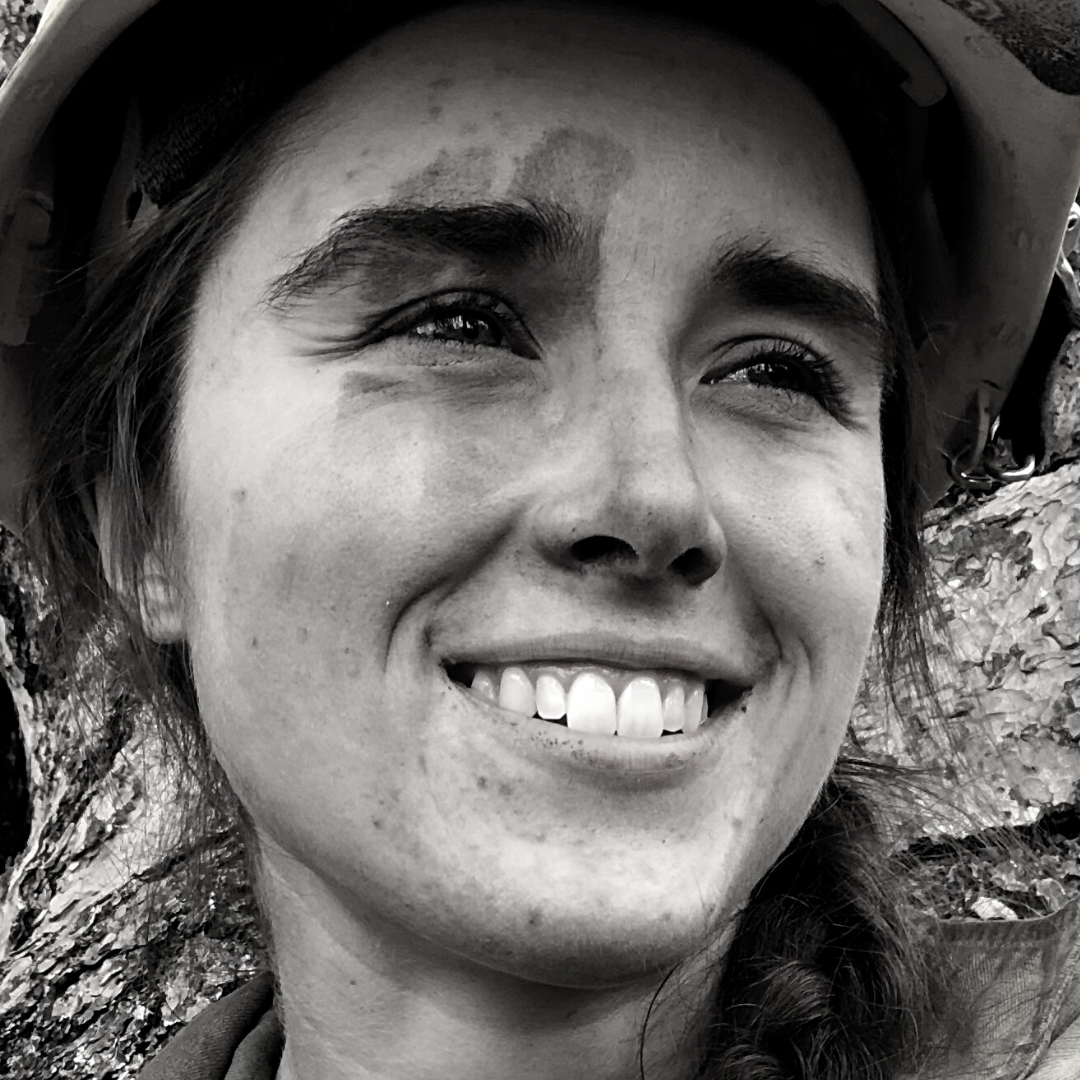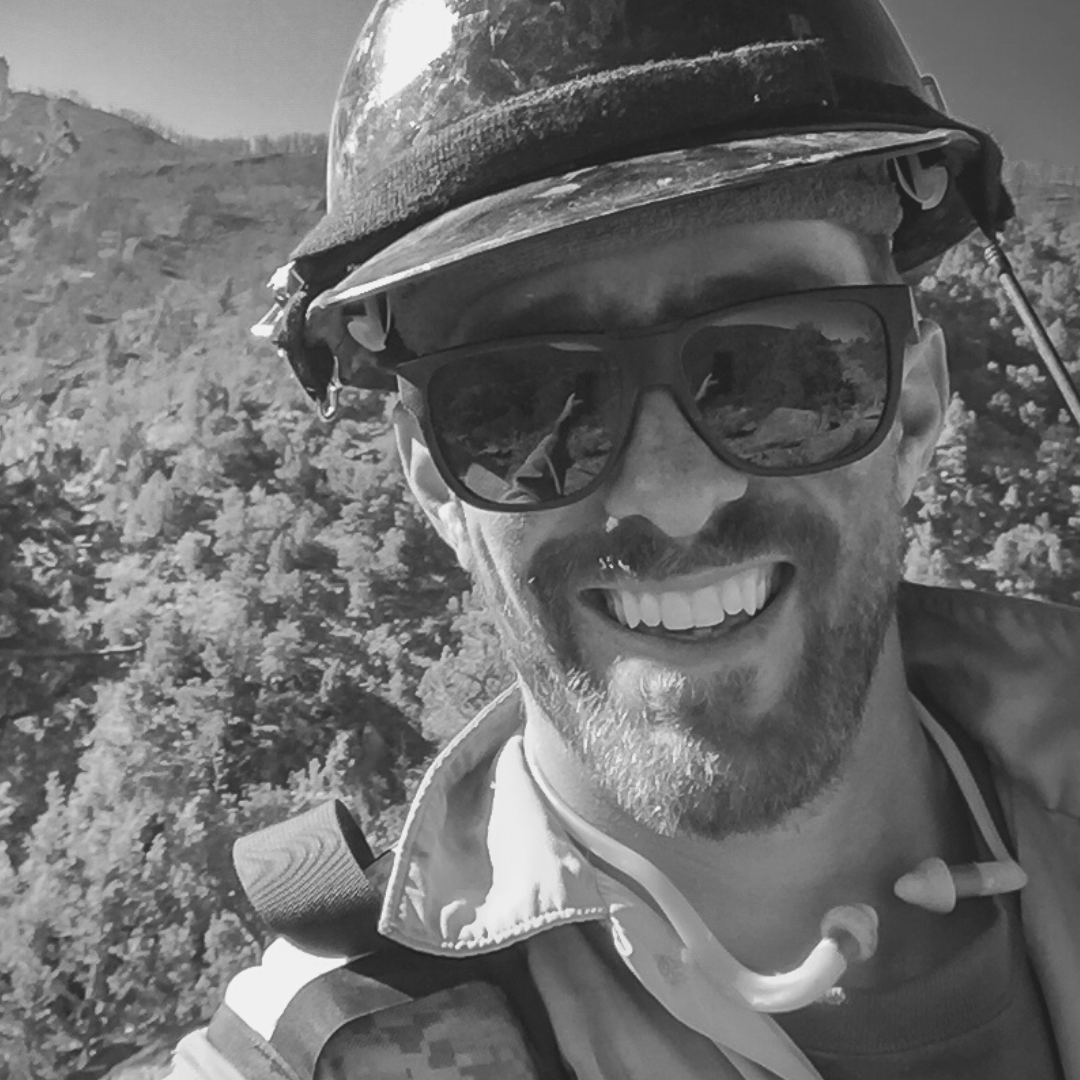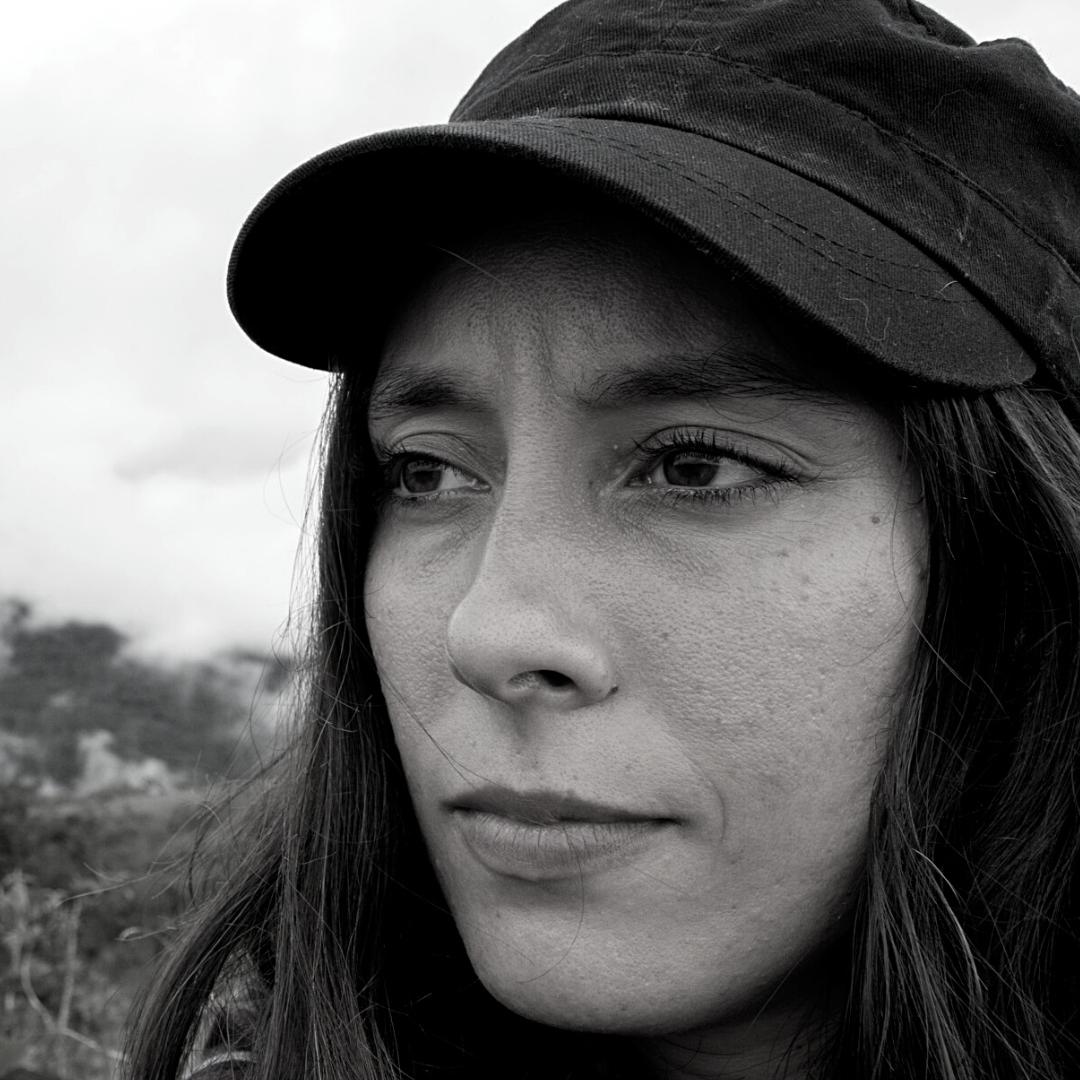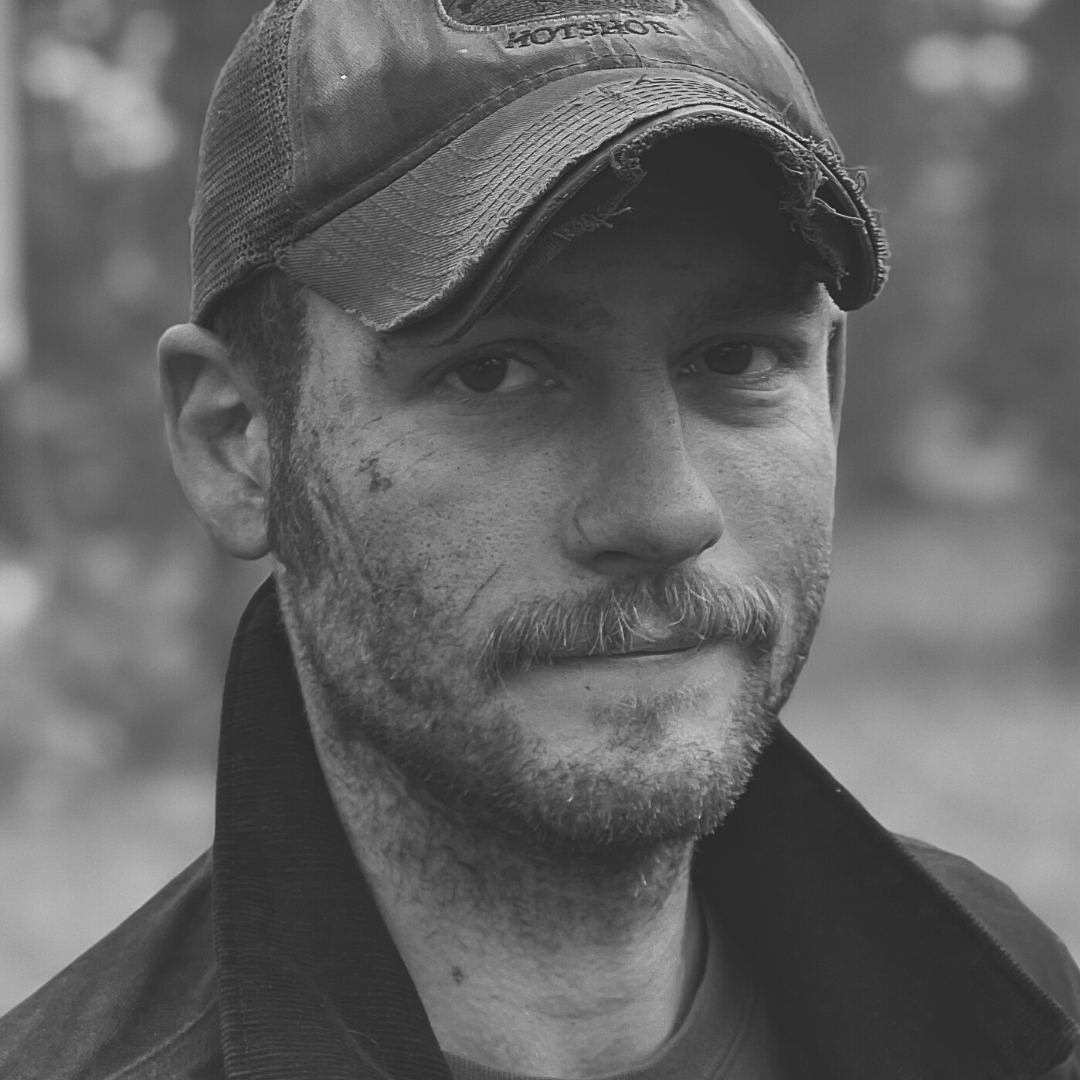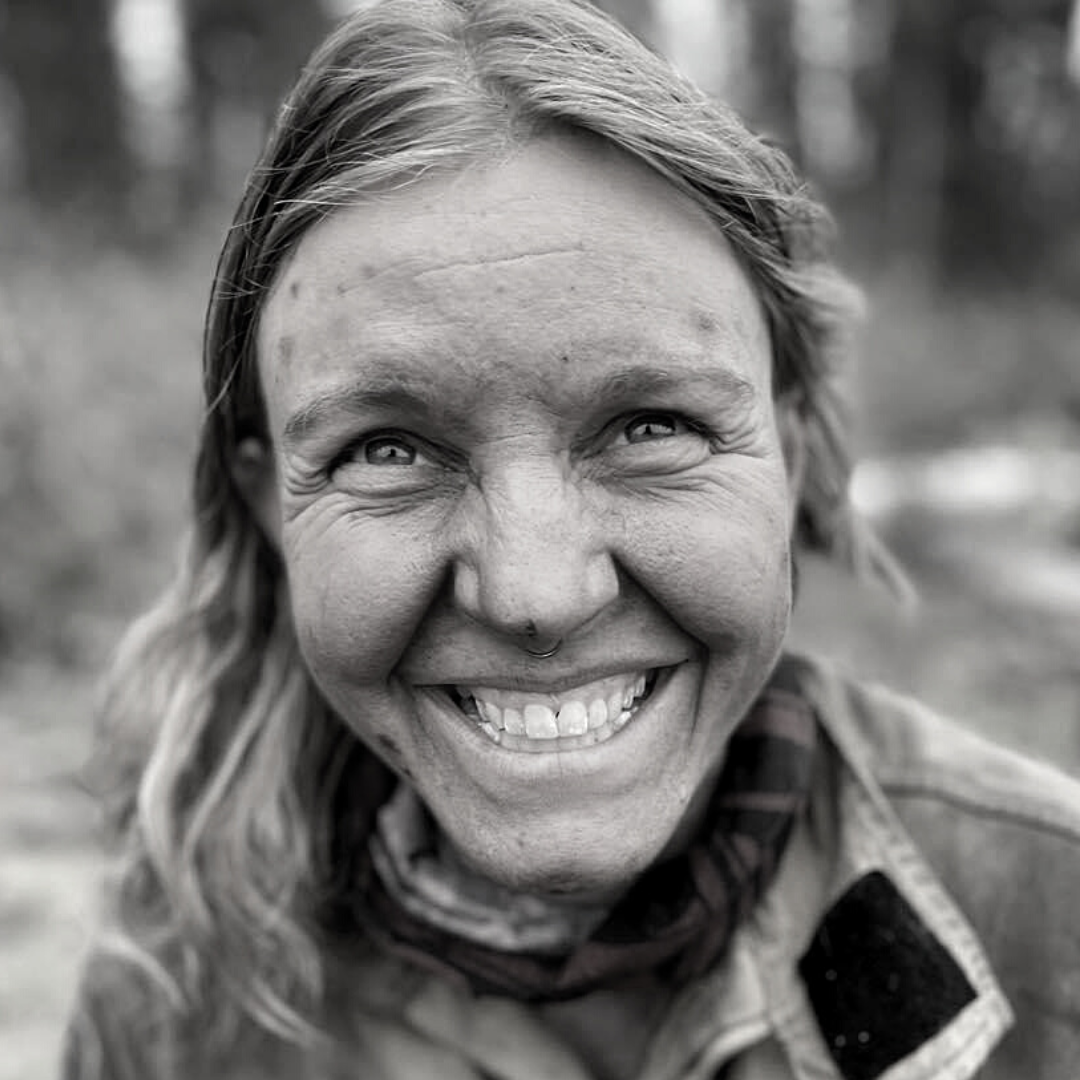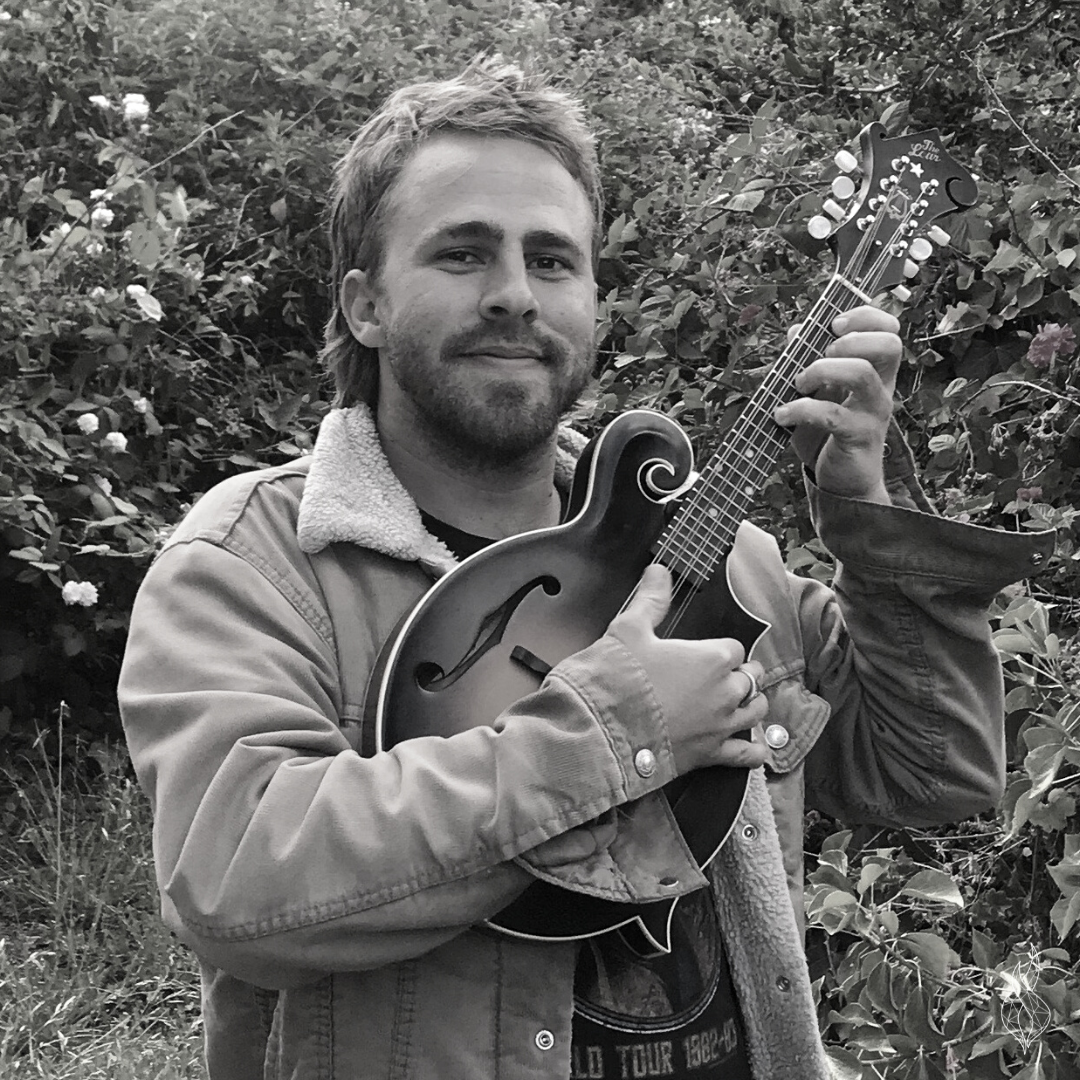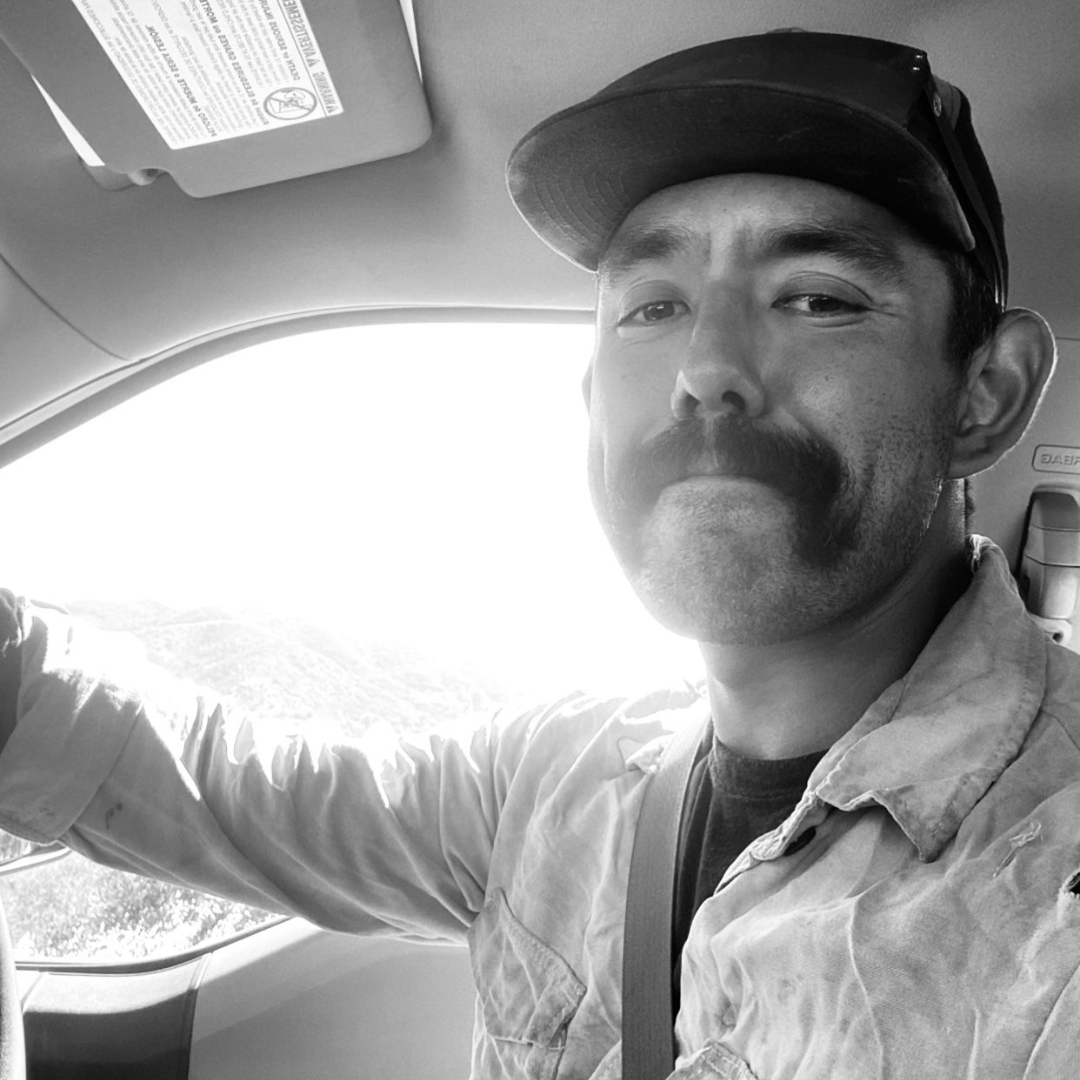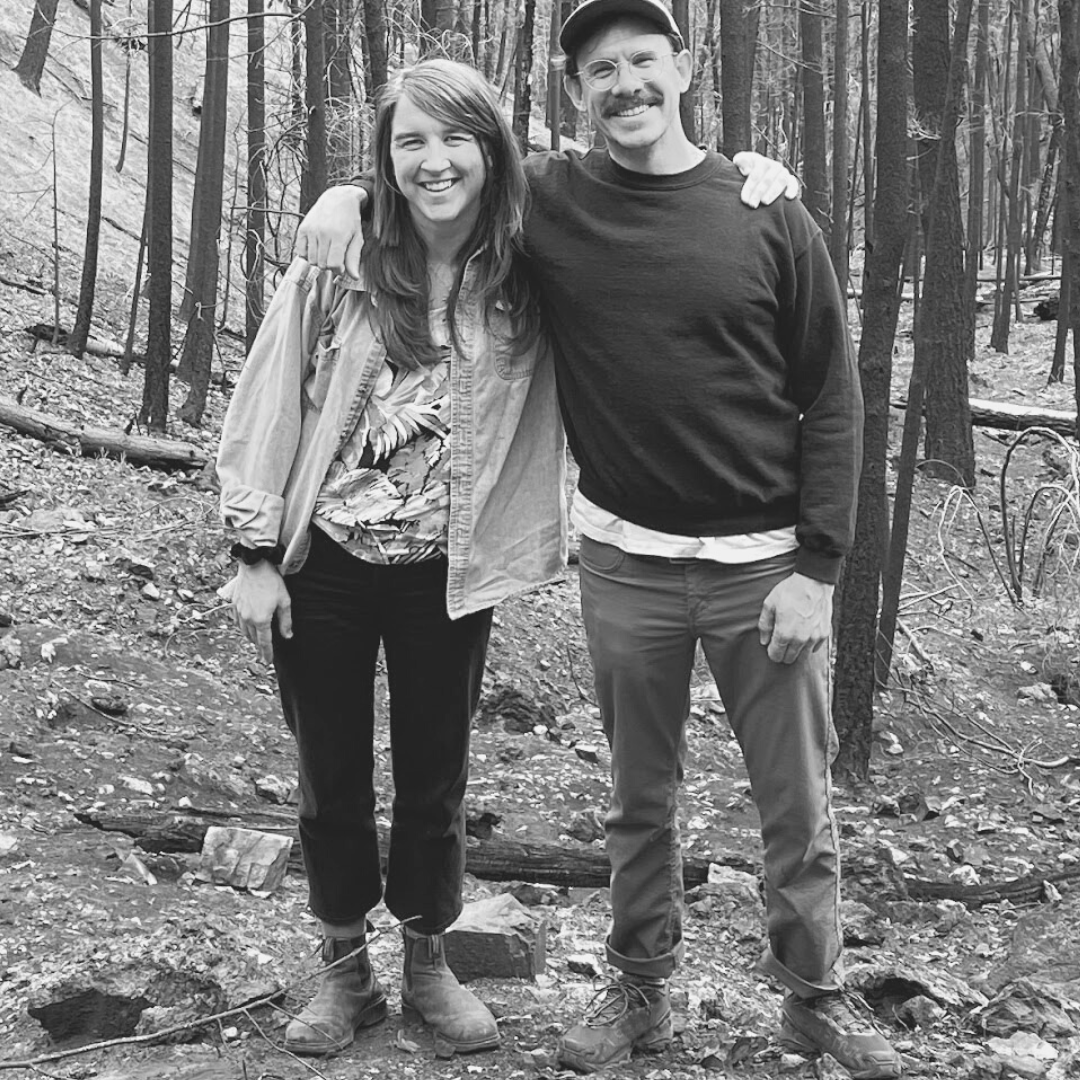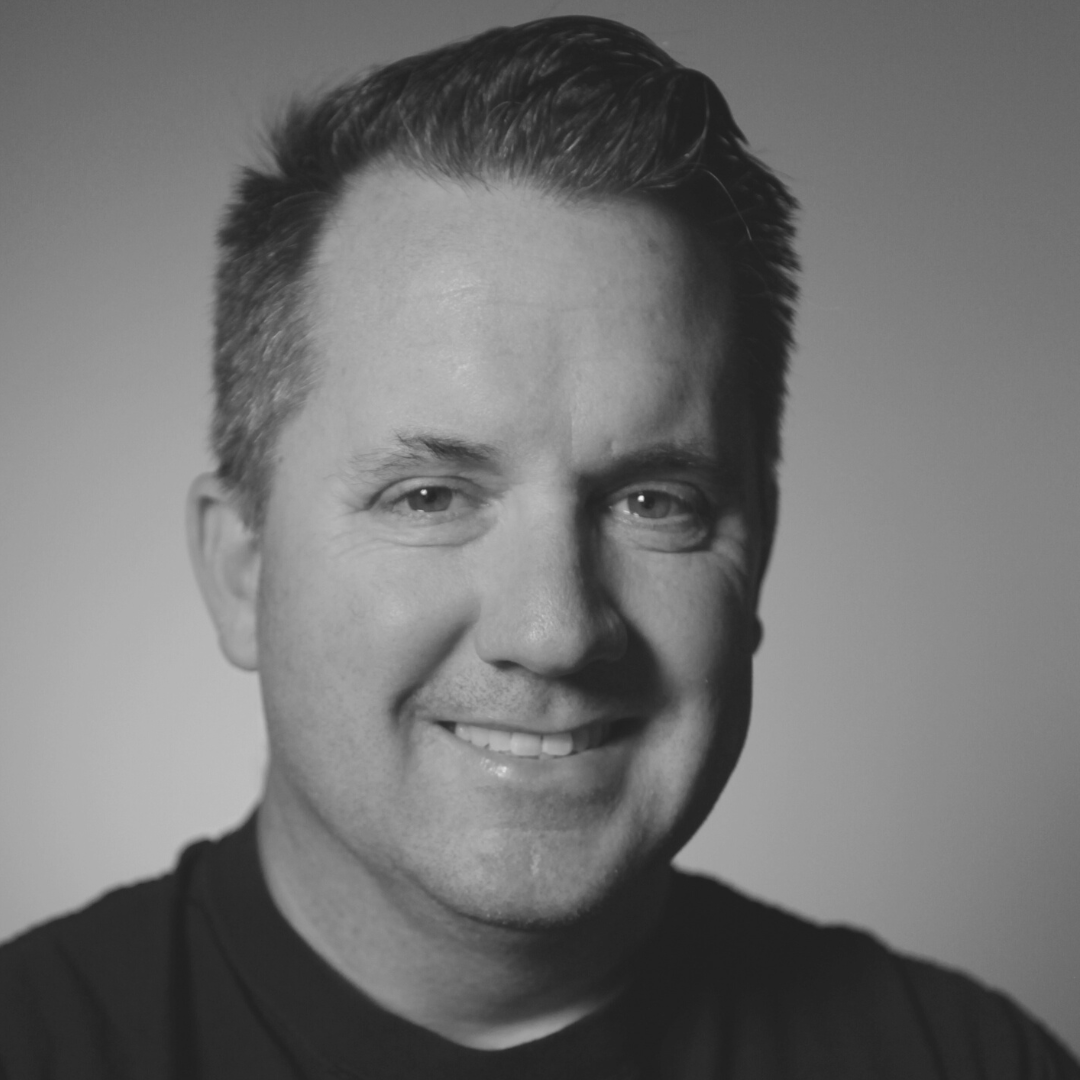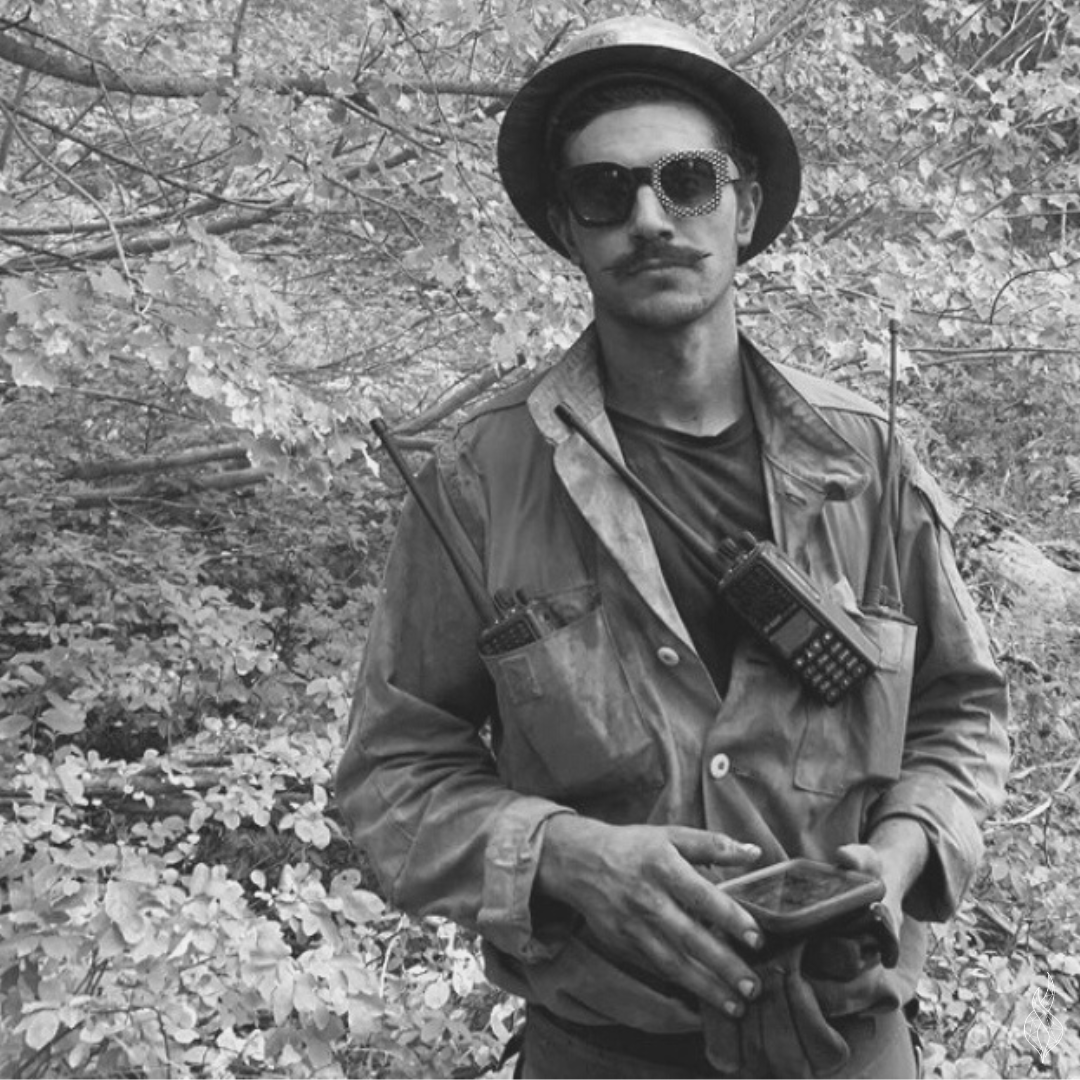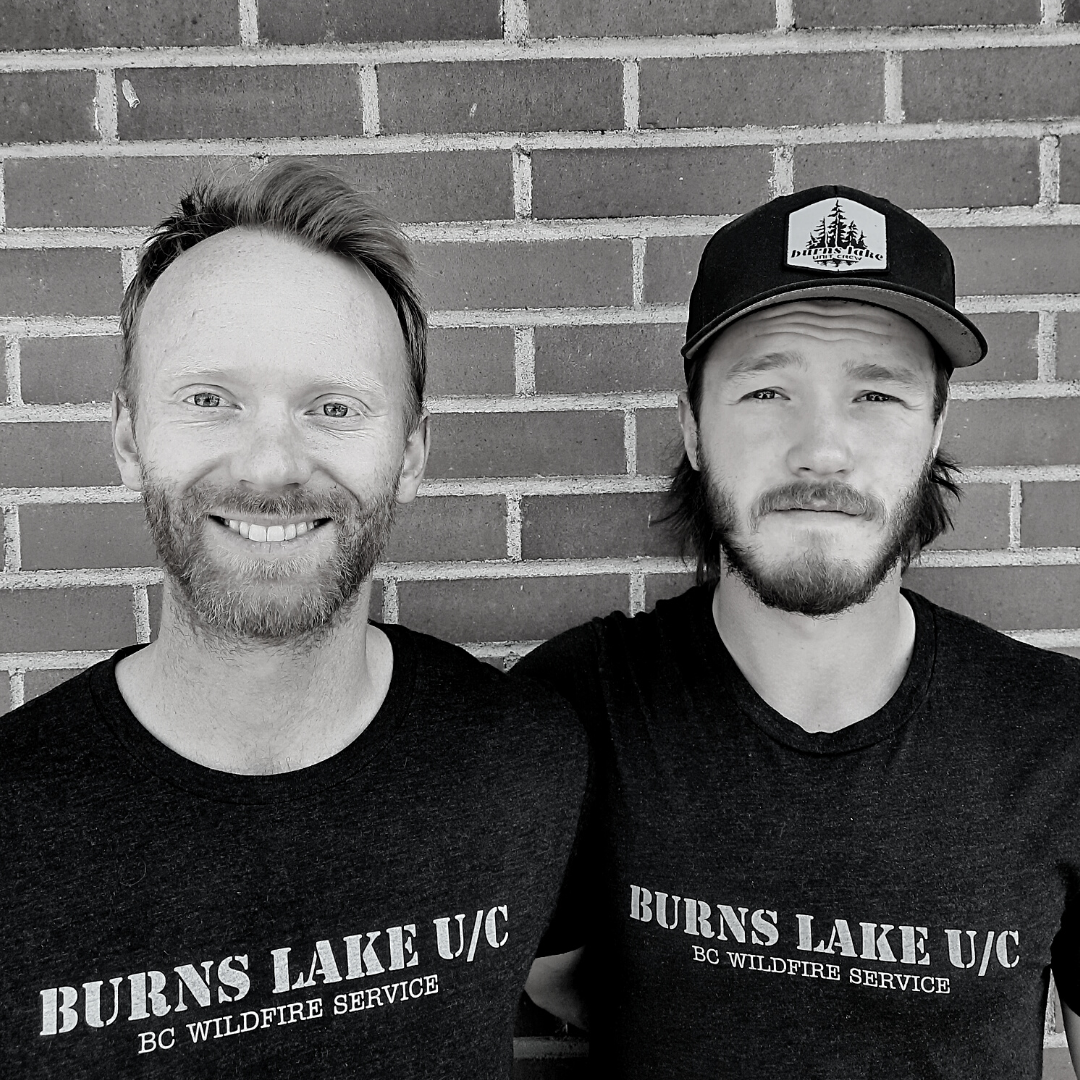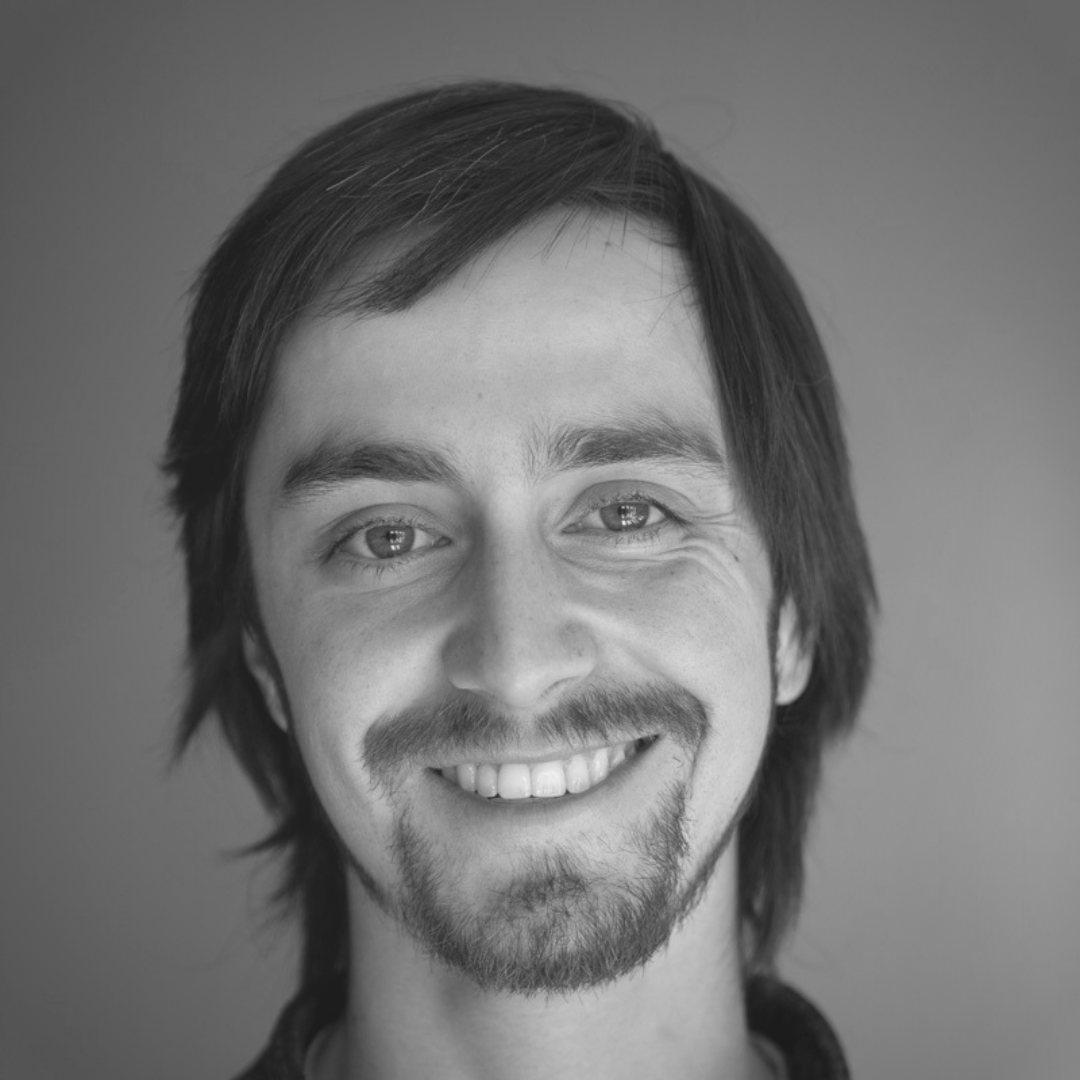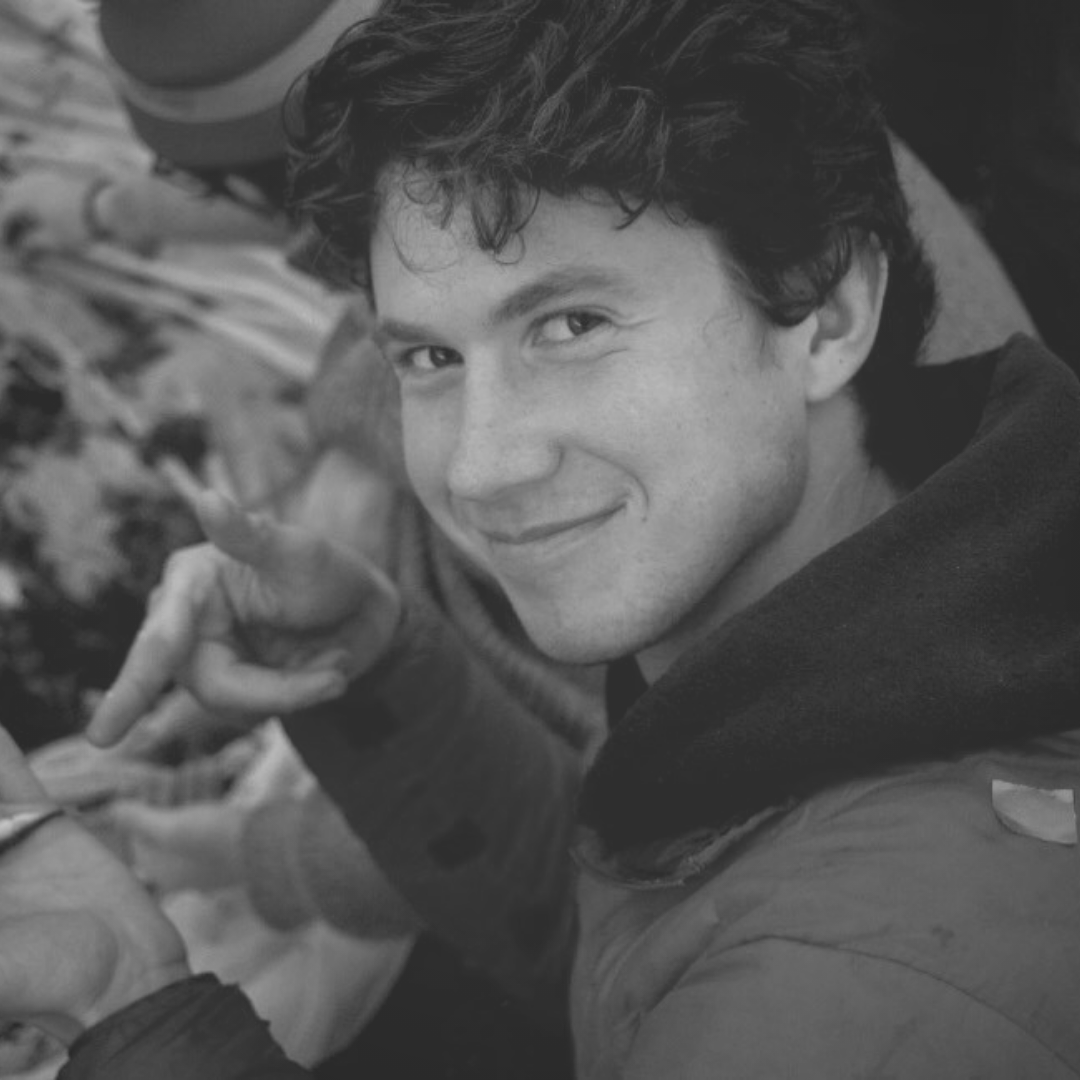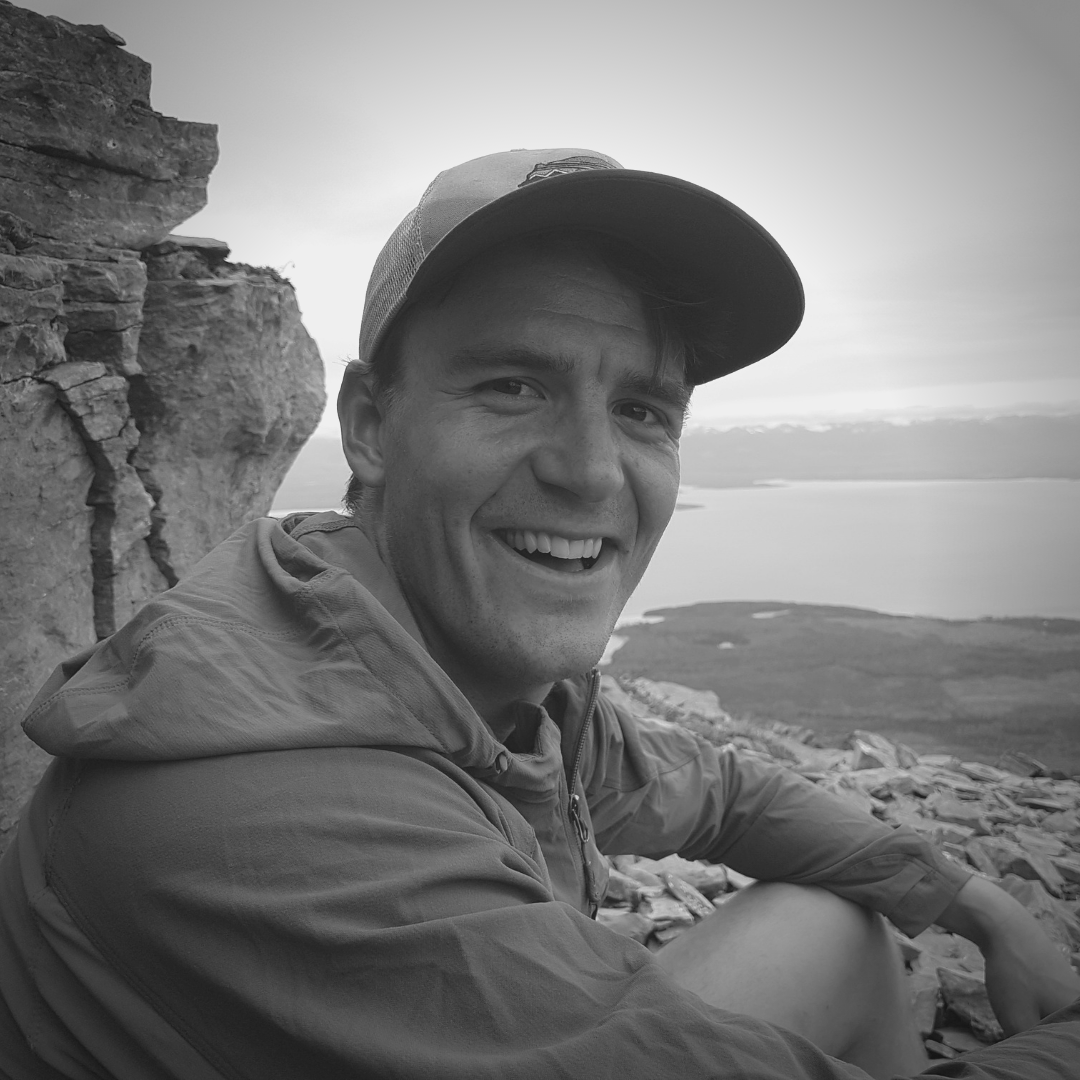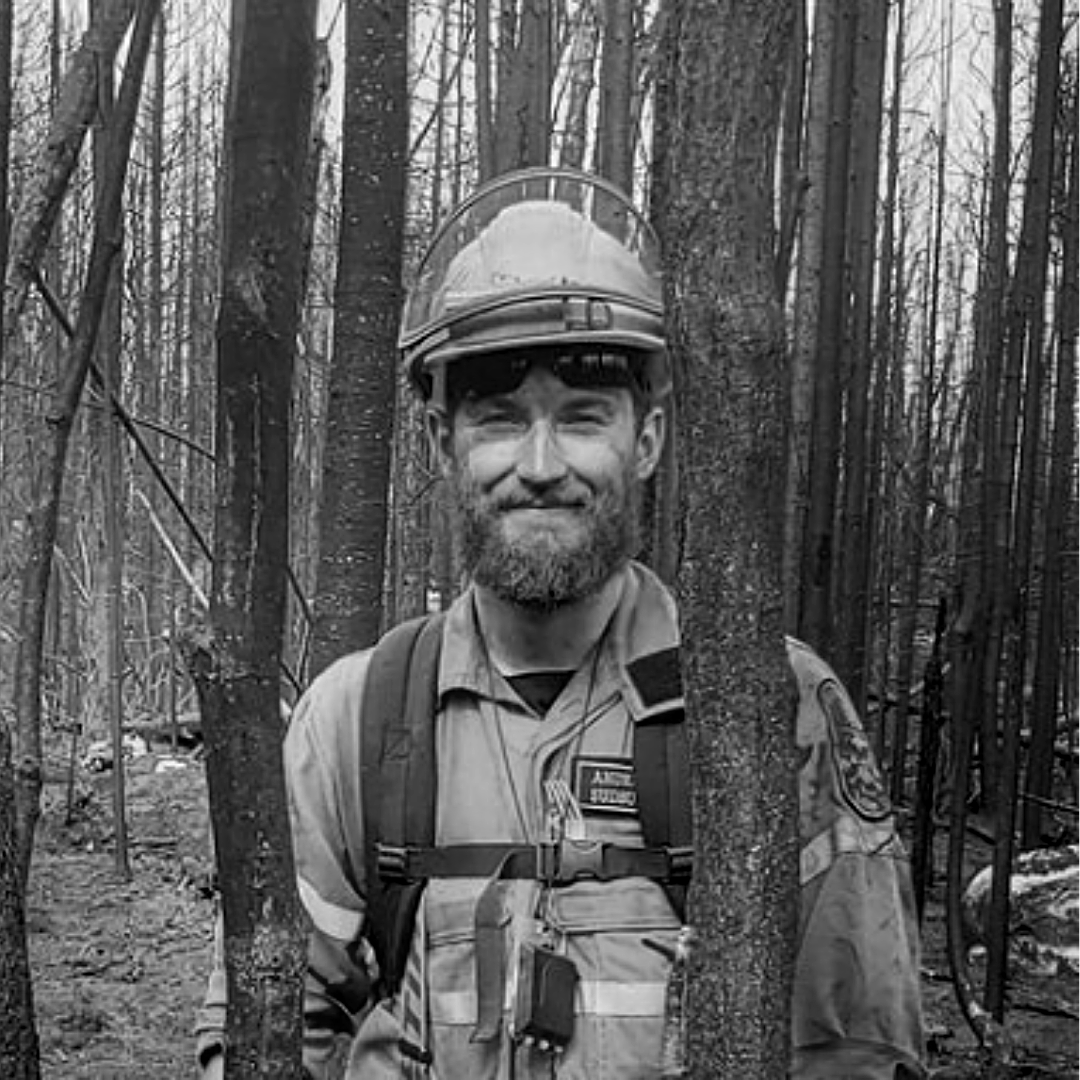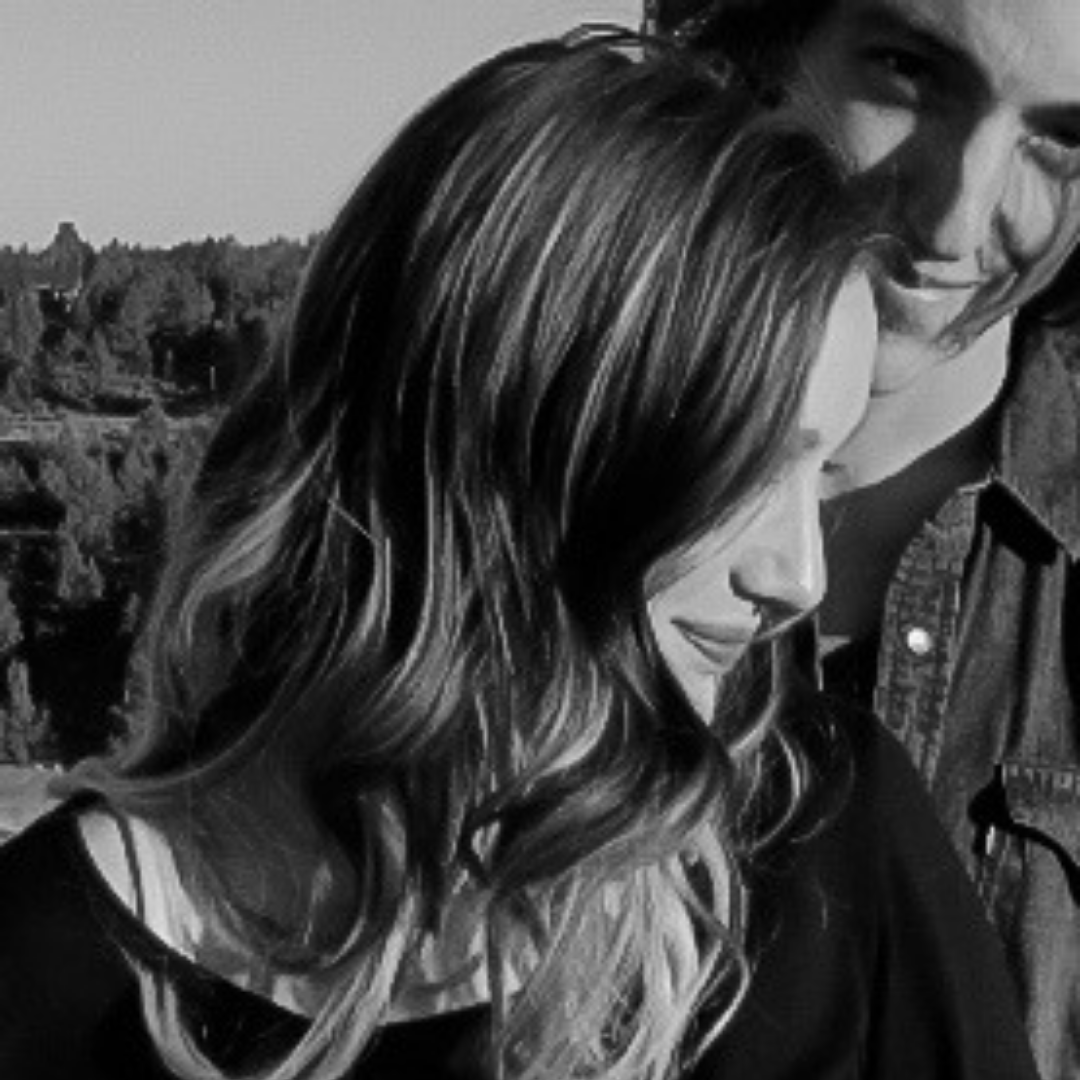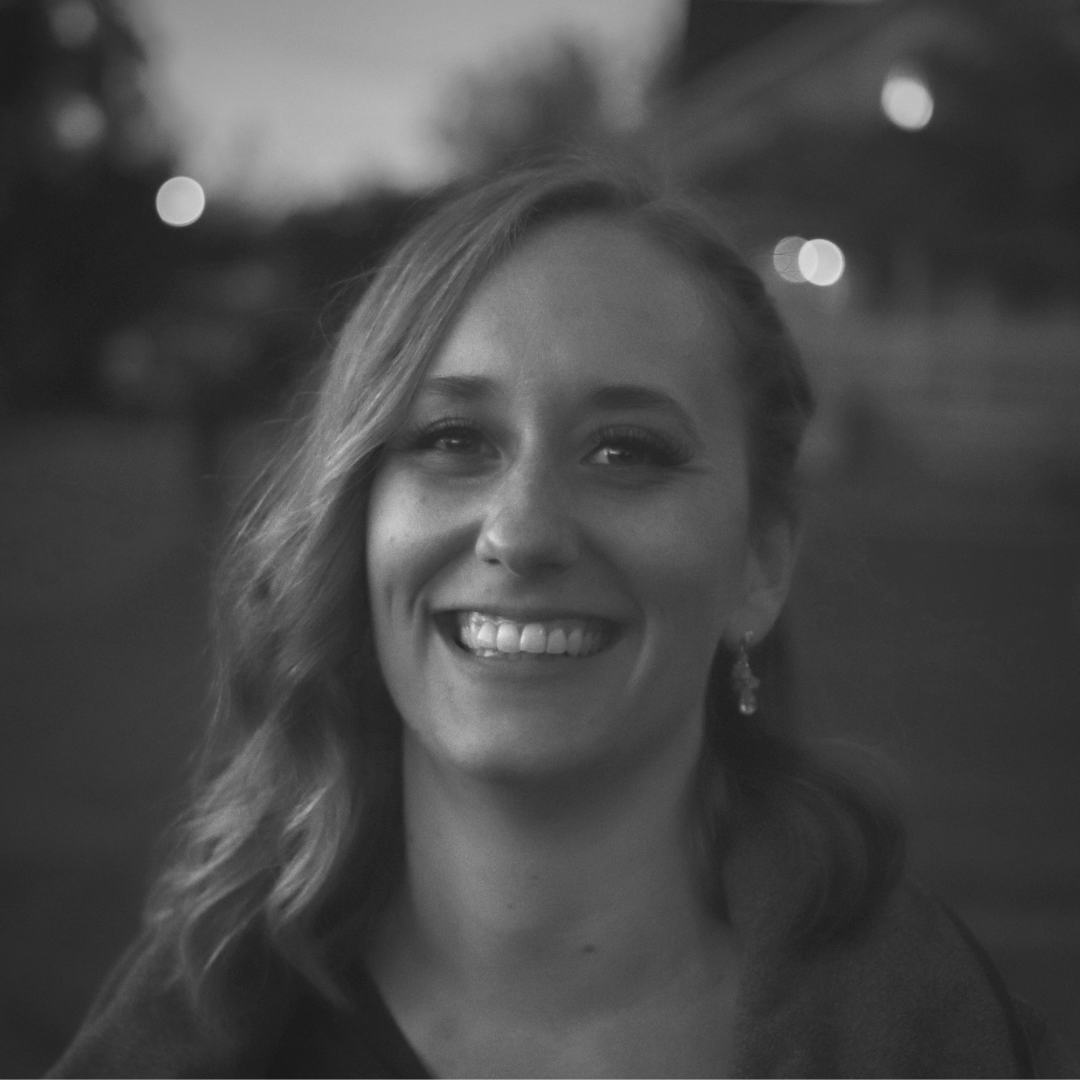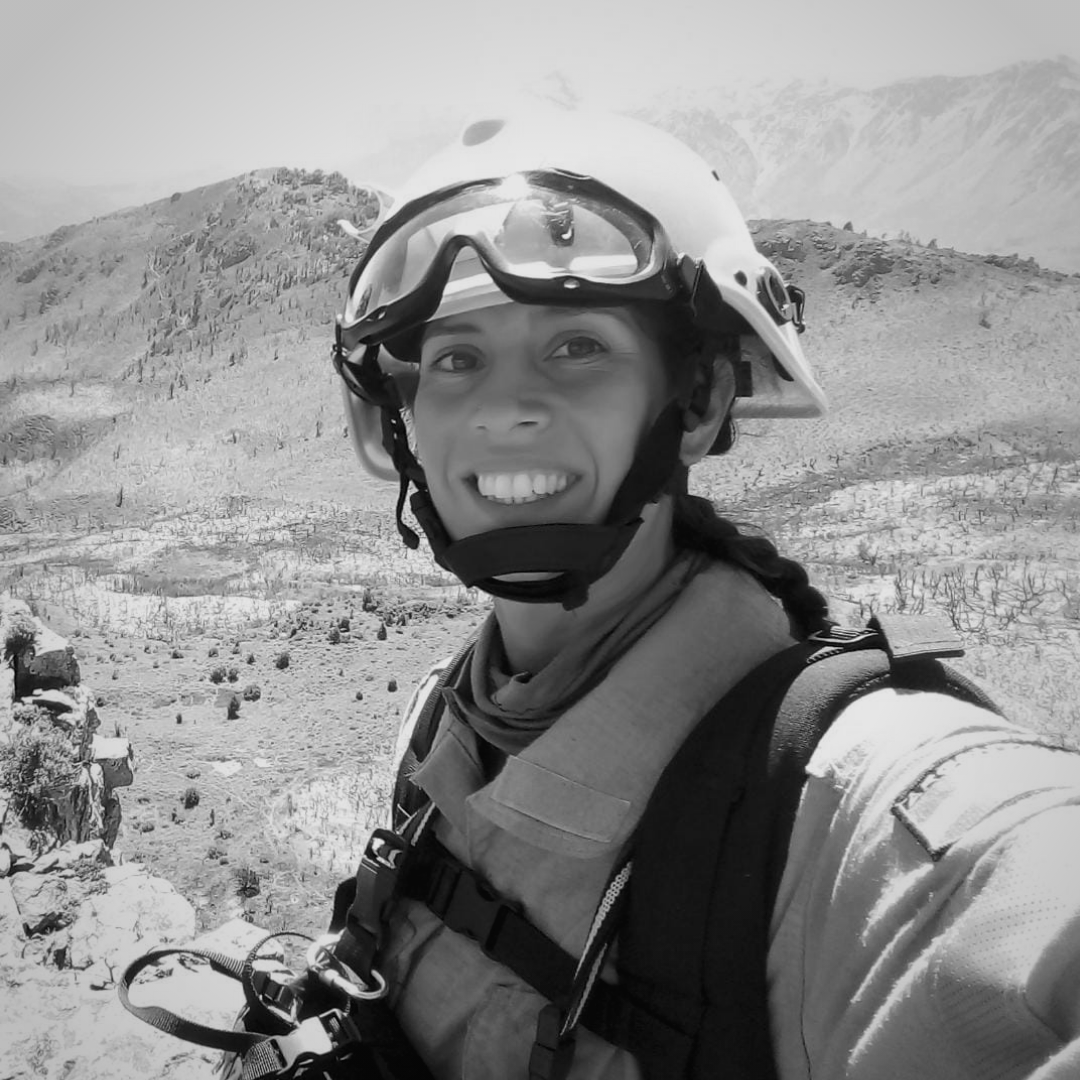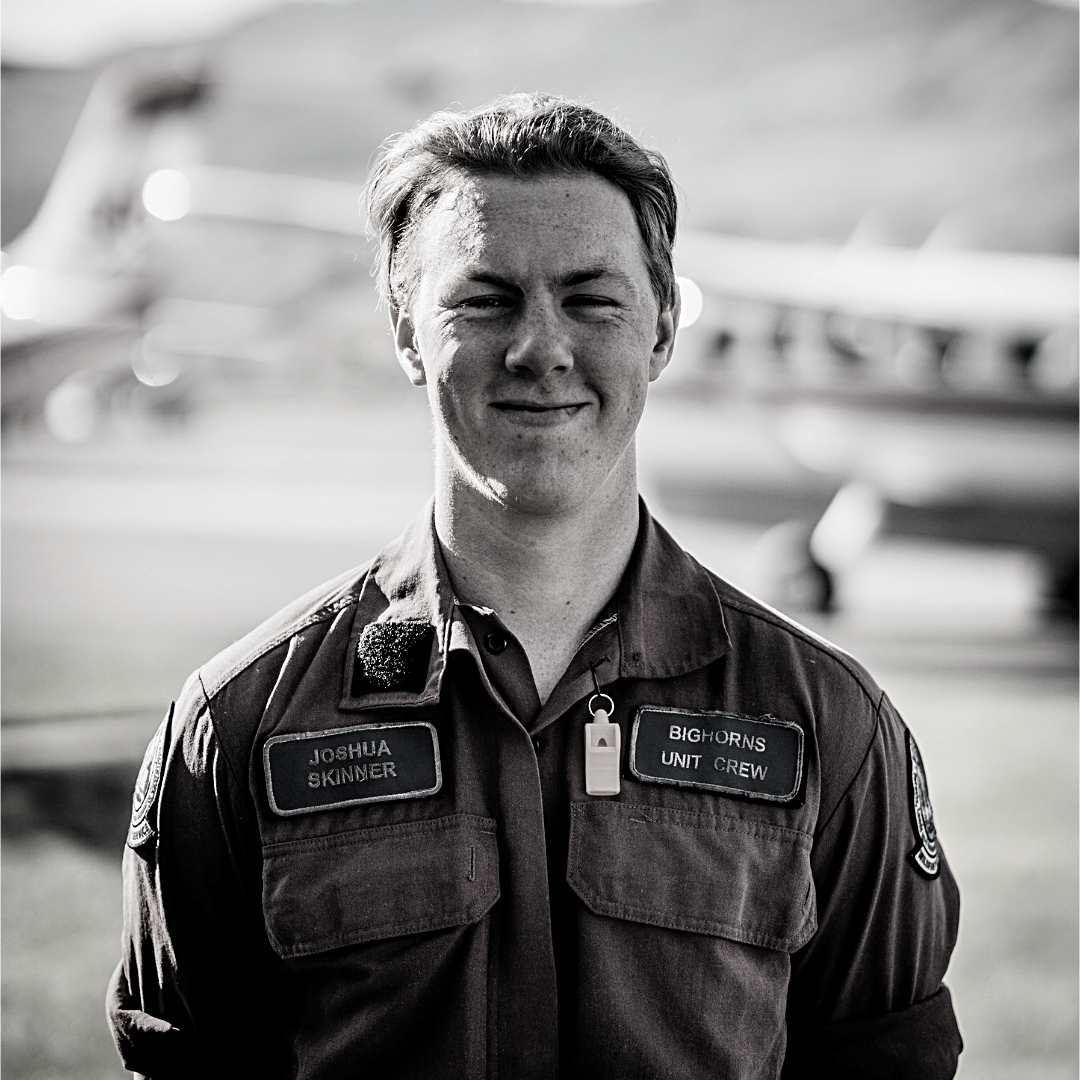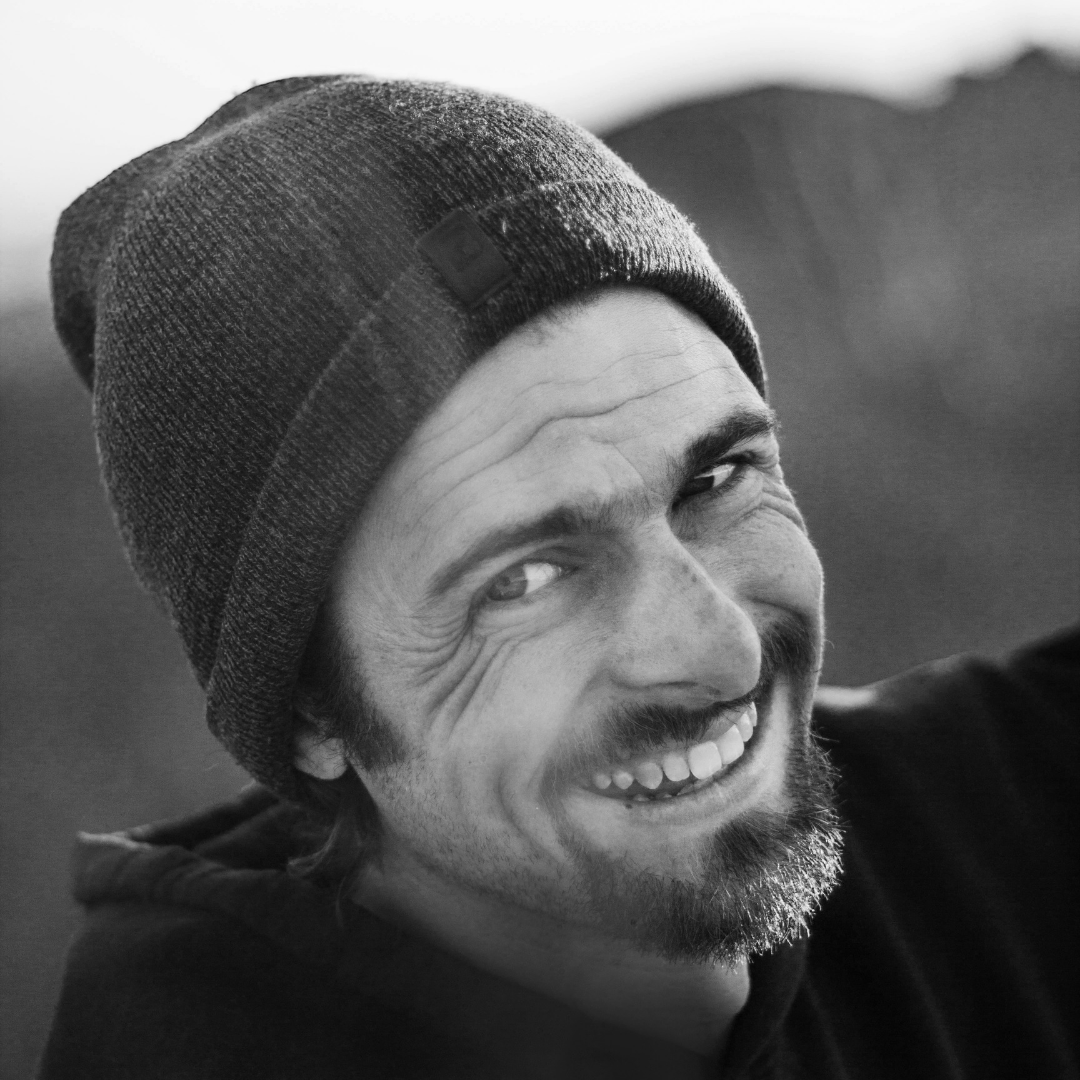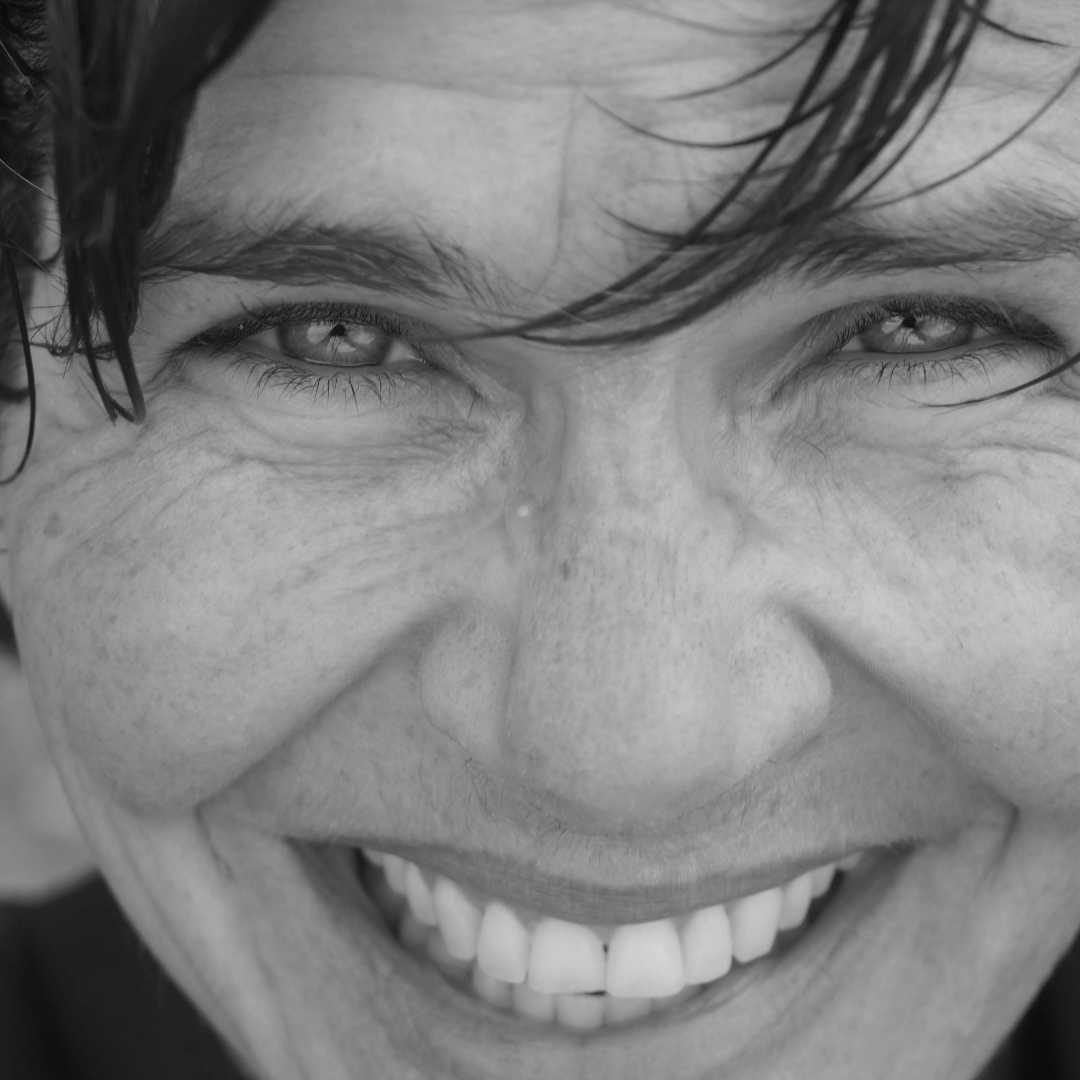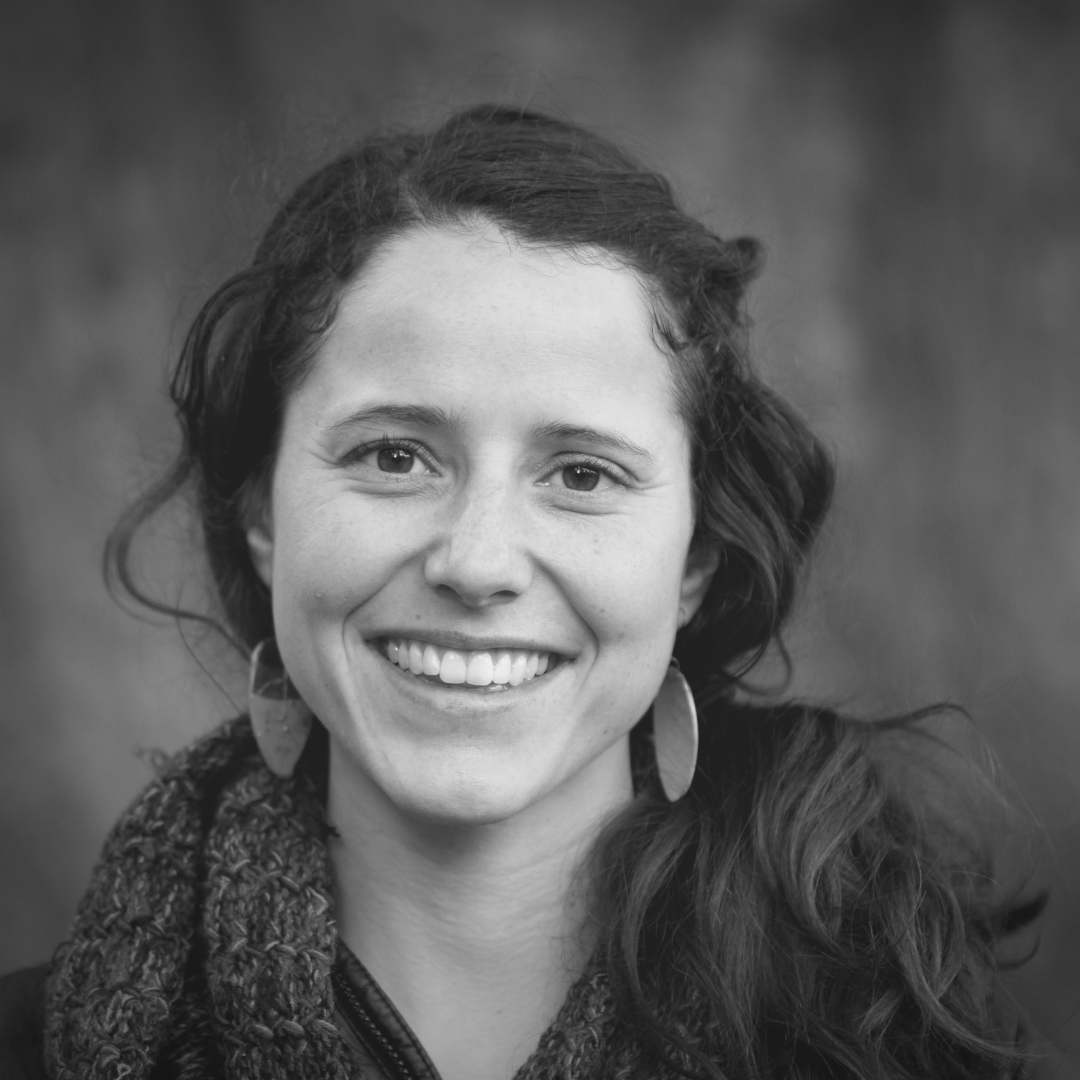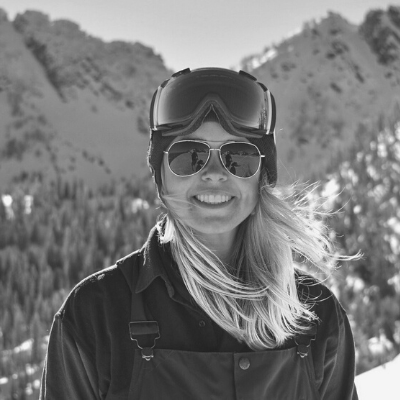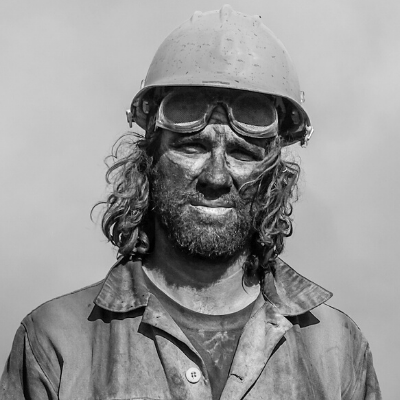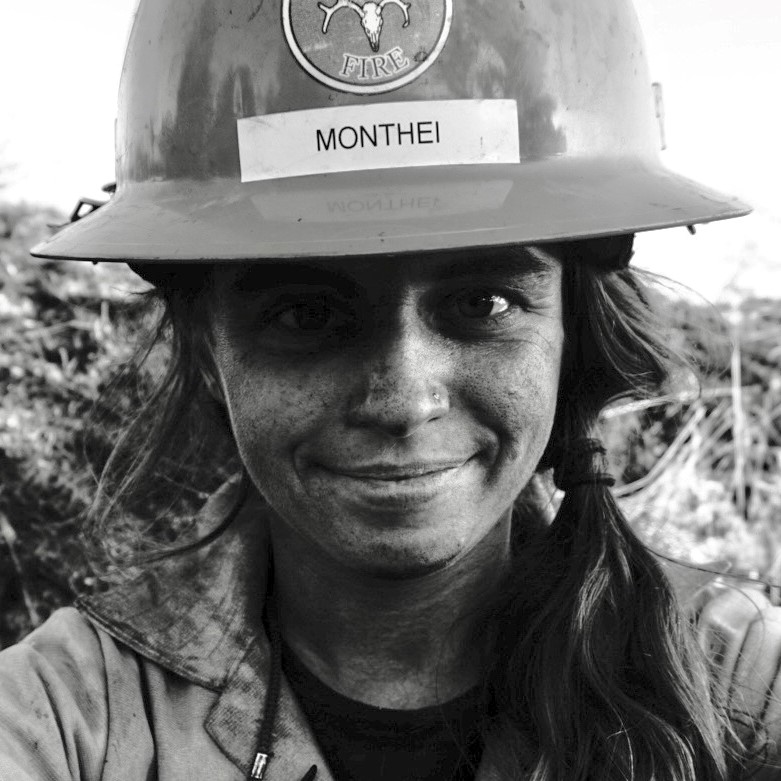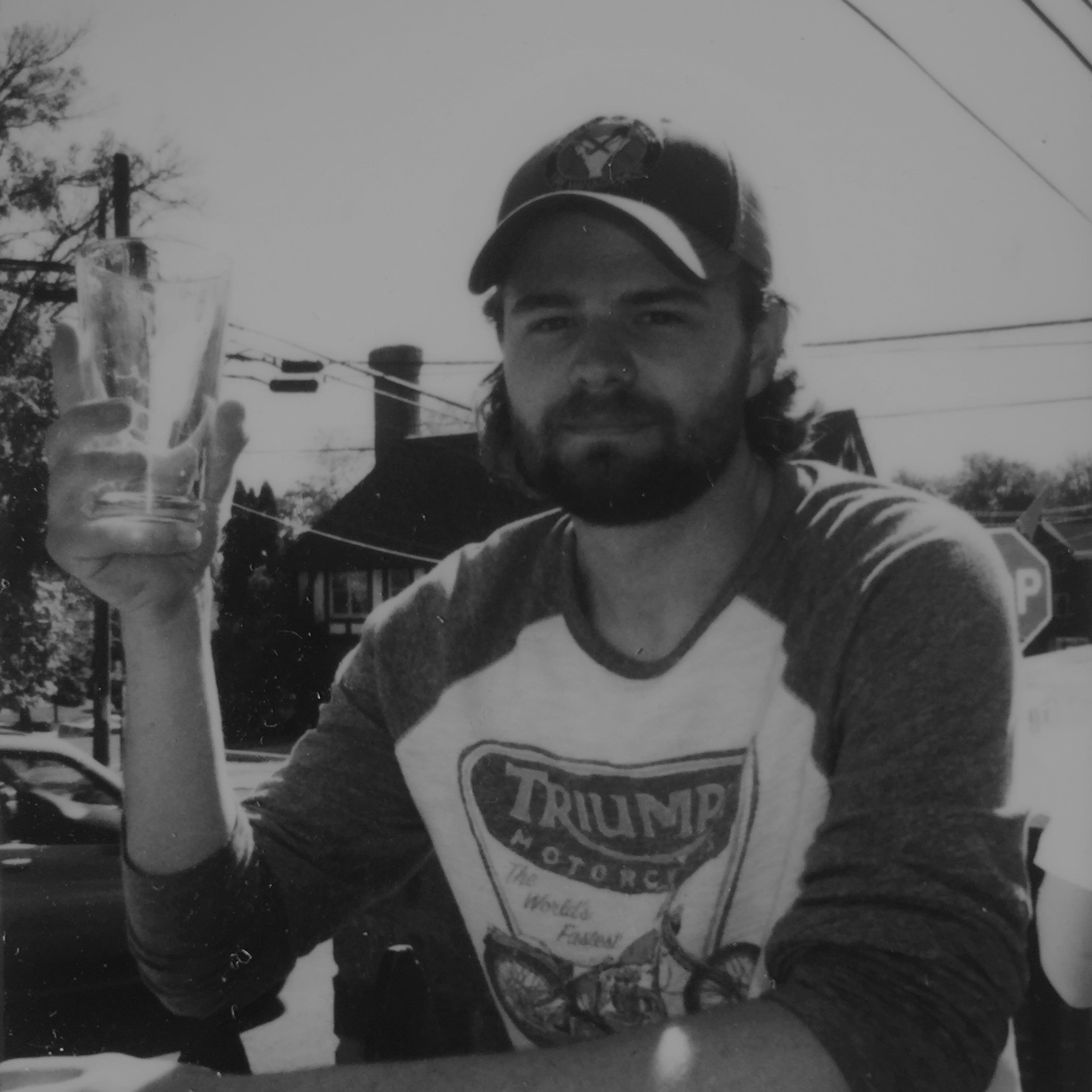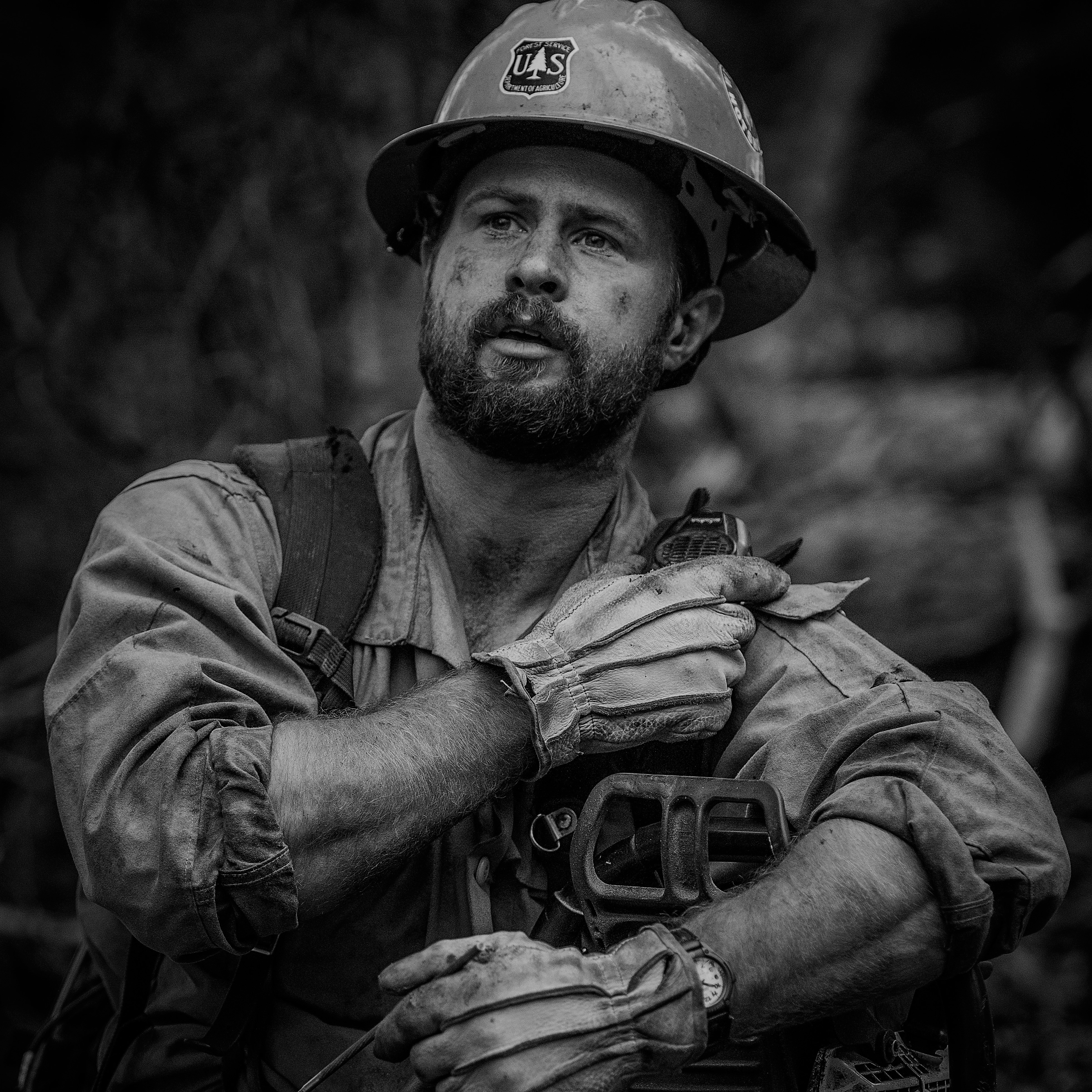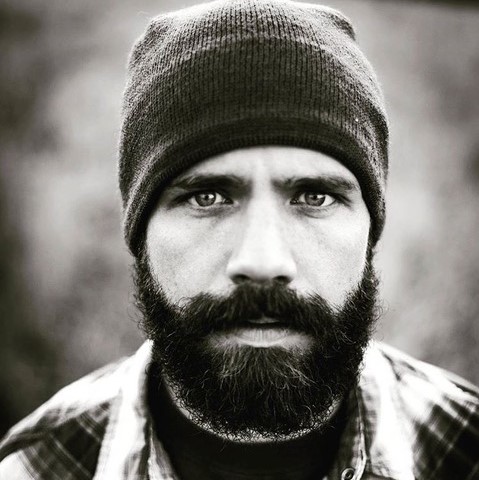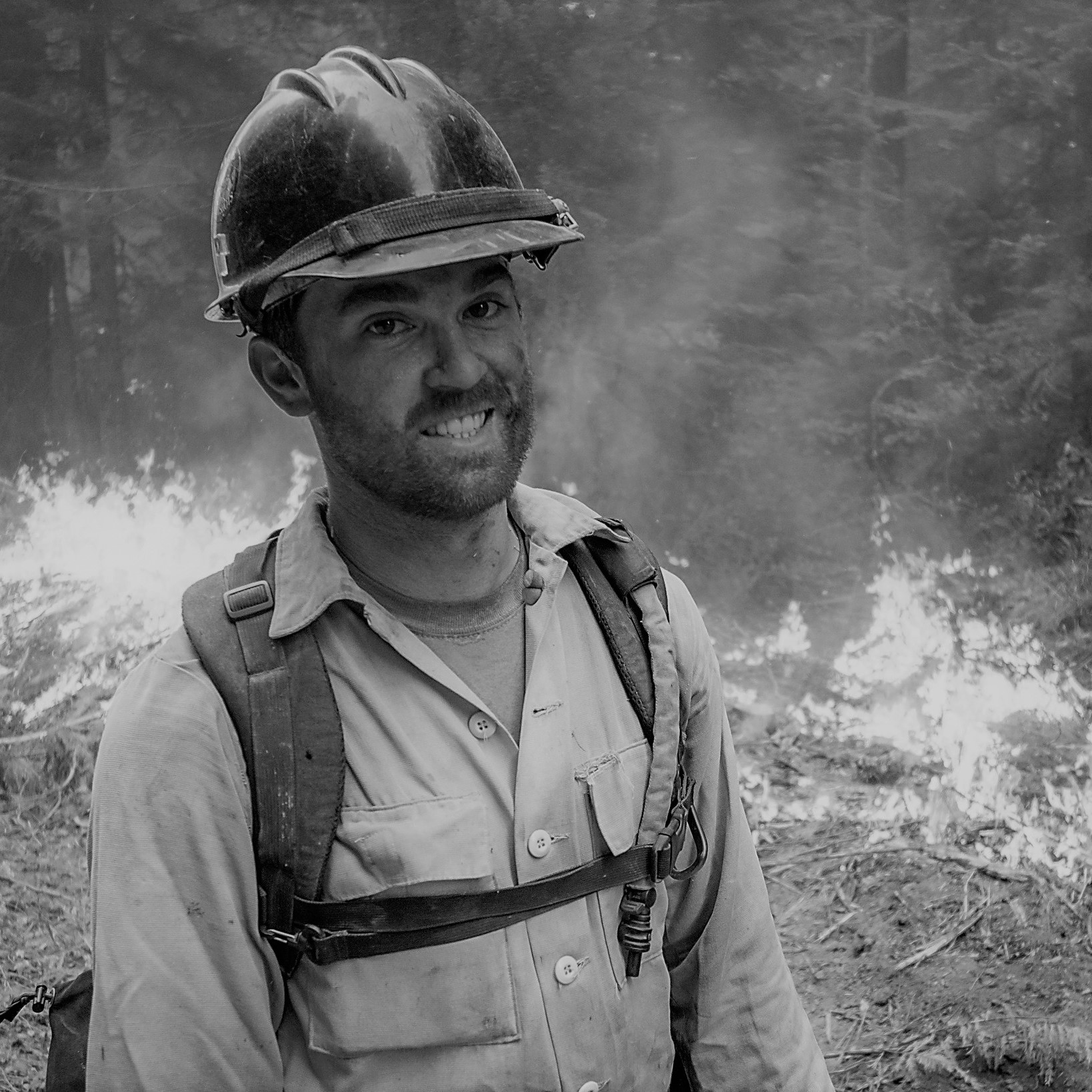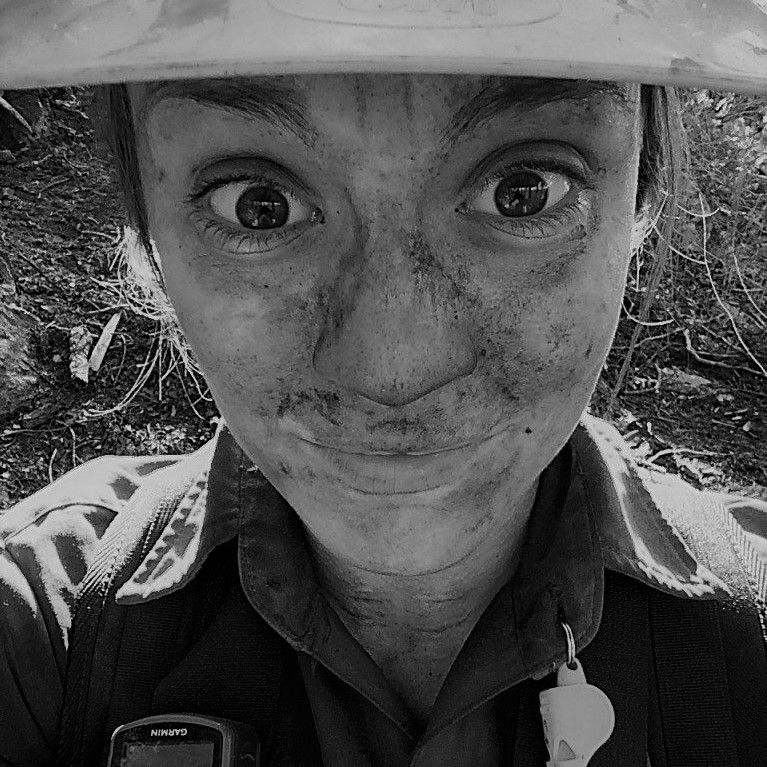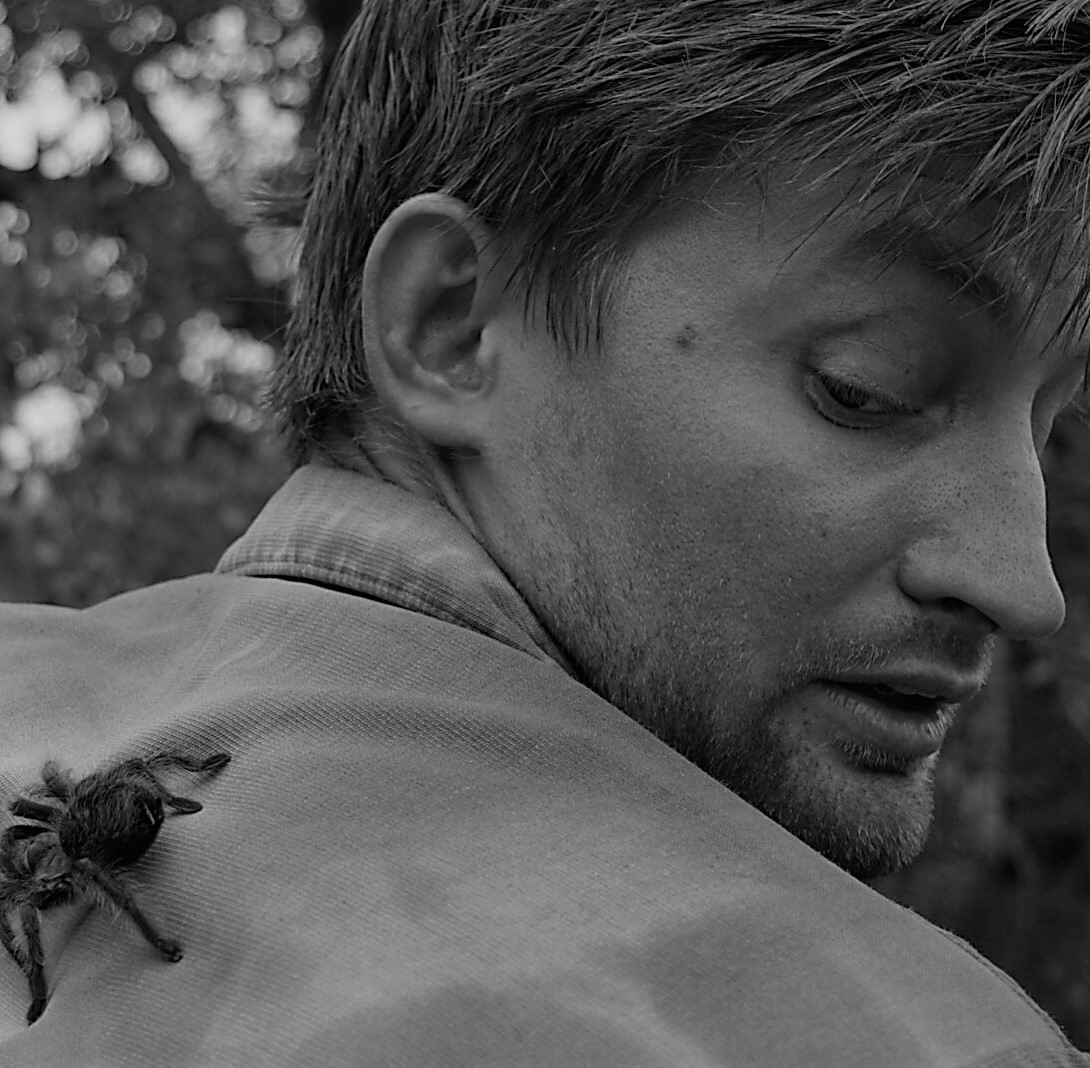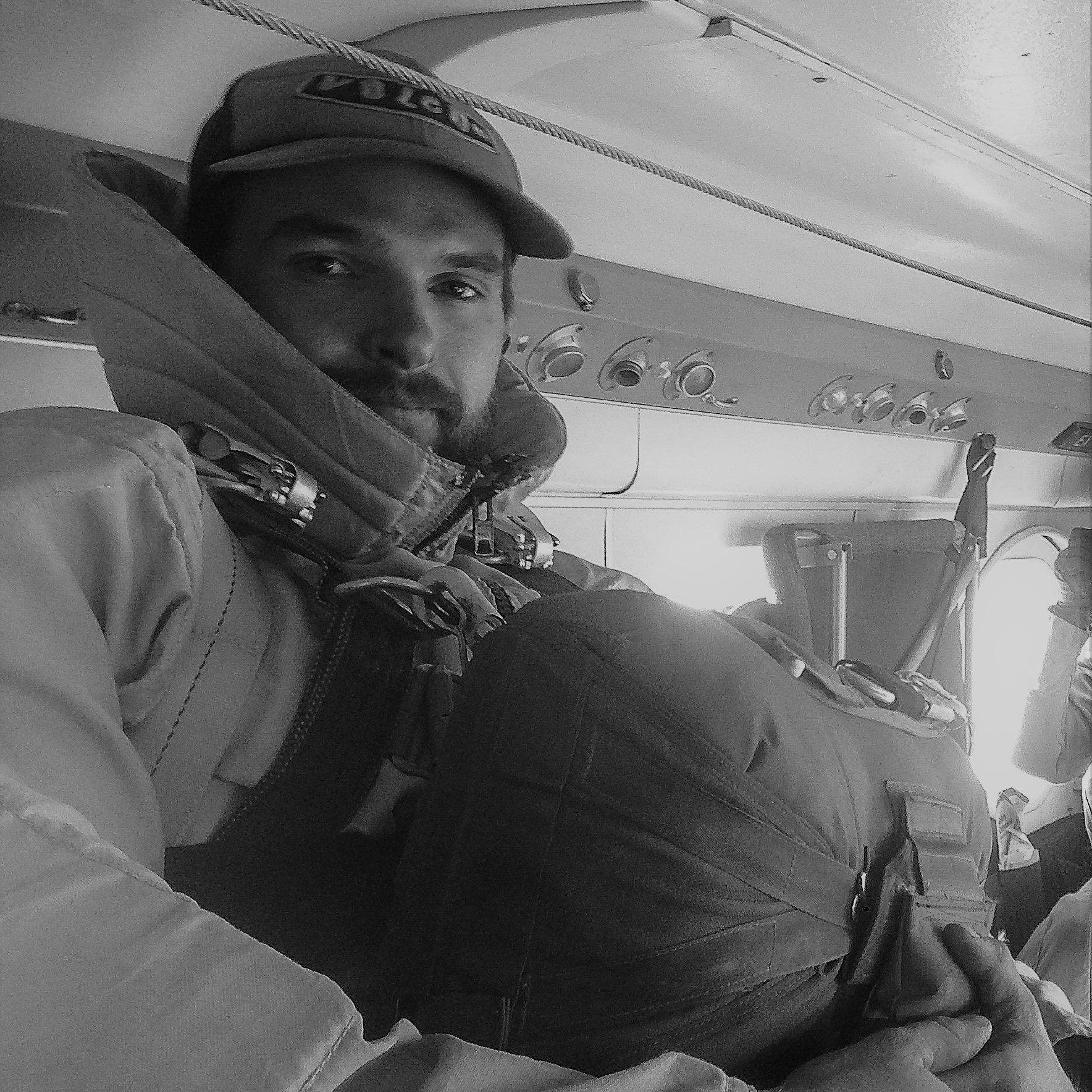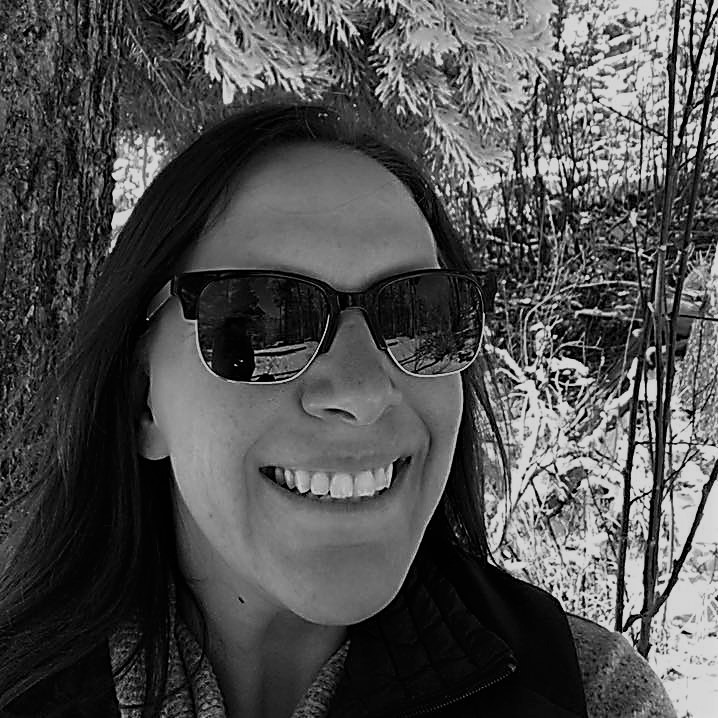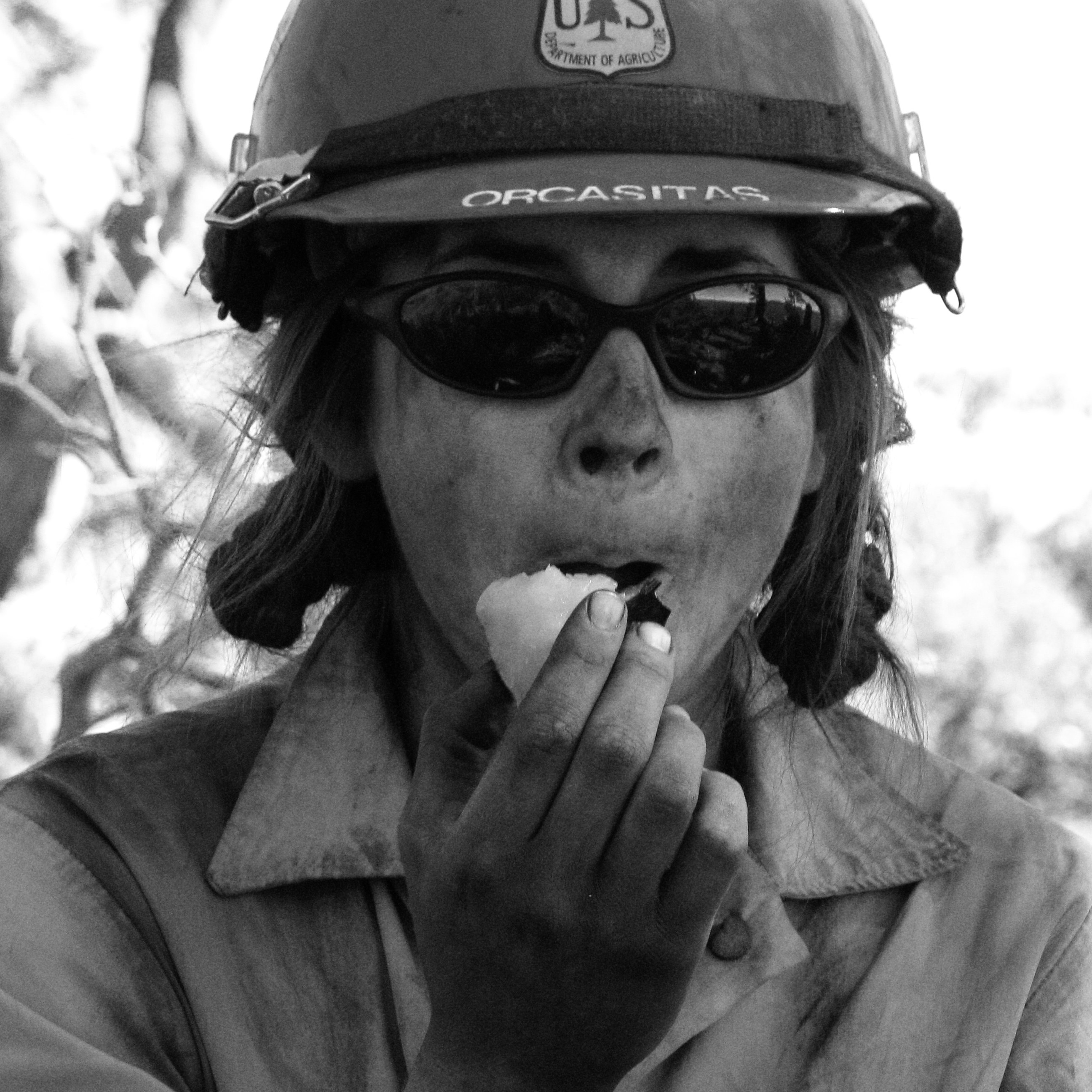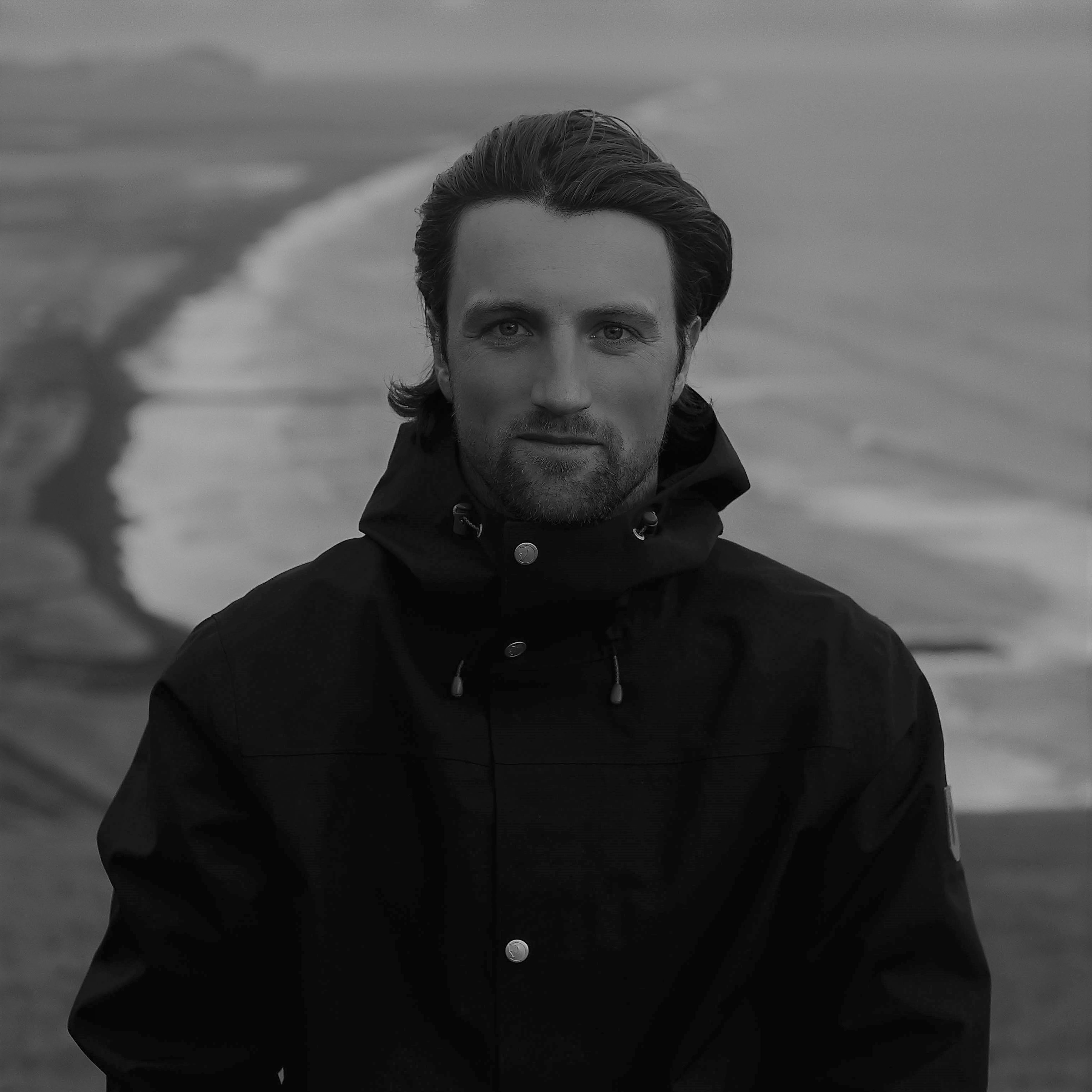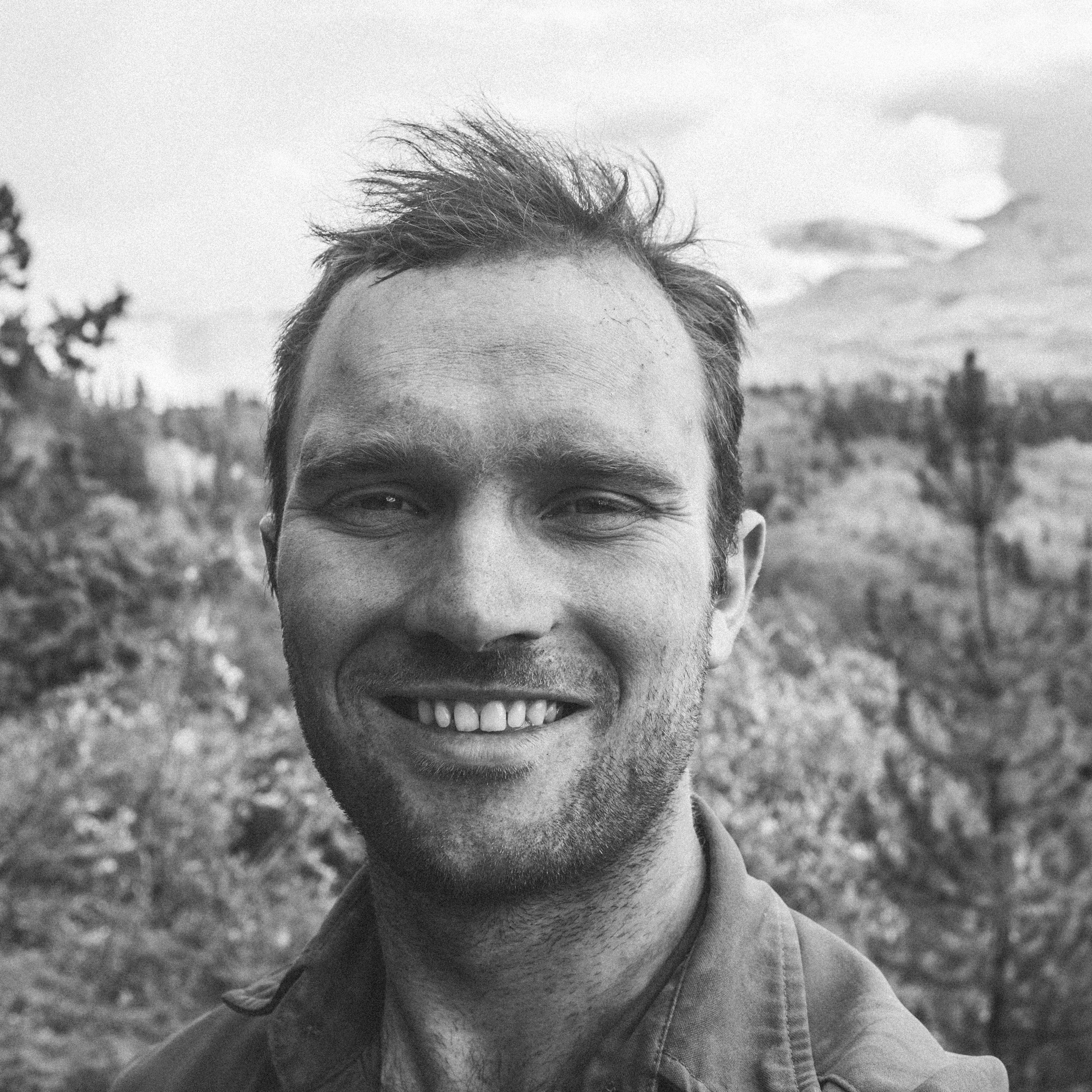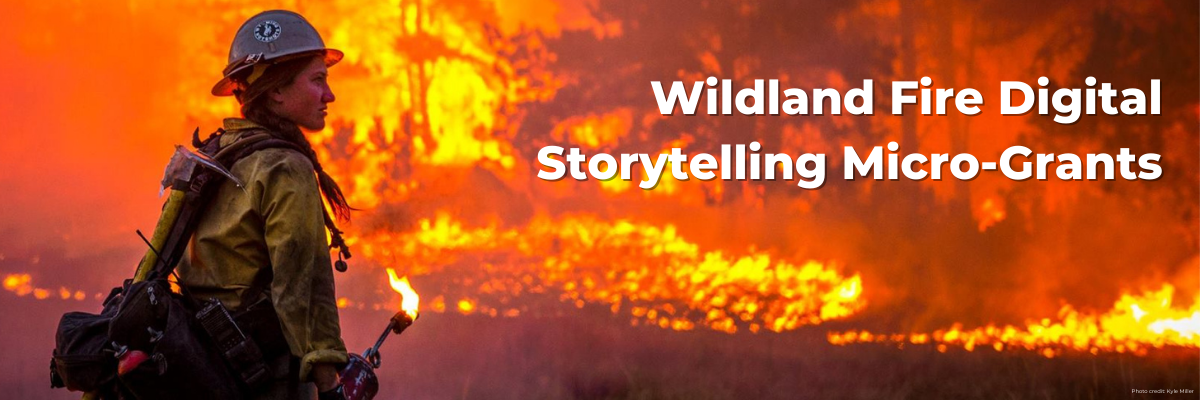
The American Wildfire Experience's Wildland Fire Digital Storytelling Micro-Grant initiative
The 2023 Wildland Fire Digital Storytelling Micro-Grant application cycle is now OPEN (deadline: June 4th). Apply here (but be sure to read our FAQs beforehand)
What is the Wildland Fire Digital Storytelling Micro-grant initiative?
At The American Wildfire Experience, we want to encourage and promote quality wildland fire storytelling that helps tell the story of wildland fire and shines a light on our human relationship with wildland fire. That’s why we started our Wildland Fire Digital Storytelling Micro-Grant initiative.
It is our hope that these grants will encourage thoughtful wildland fire storytelling by active fire practitioners, improve the production value of our grantee’s creative works by providing funding for digital storytelling equipment/tools, and that this will help begin to build a cadre of wildland firefighters, practitioners, and community members developing engaging content well aligned with AWE’s mission. Each year we offer a handful of micro-grants to applicants from all over the world at $500.00 (USD) each.
Read our FAQs before applying:
We issue grants to creative people who propose compelling projects to tell the story of wildland fire from a unique perspective. To quote one of our board members, “We give money to cool people doing cool shit so that they can keep doing it.”
We expect our grant recipients to essentially 1) produce something fire related; 2) that tells a unique or compelling story; and 3) package it in a way that we can present it to our digital audience. That’s it!
Micro-grants are simply small grants in terms of funding amount. In our case, we offer $500.00 grants with the hope that these grants would encourage thoughtful wildland fire storytelling by active content creators on social media (and beyond), improve the production value of our grantee’s creative works by providing funding for digital storytelling equipment/tools, and will begin to build a cadre of wildland firefighters/practitioners/community members developing engaging content well aligned with AWE’s mission.
At The American Wildfire Experience, we define digital storytelling as the process of coupling personal stories with broader public issues (like wildland fire) by leveraging digital technology and media to showcase stories and the storytellers. We consider digital storytelling to be a process of community building and an integral part of educating the public about wildland fire.
Individuals with first-hand wildland fire experience. Applications are open internationally.
This year, we have four categories for our micro-grants:
- photography
- videography
- writing
- other (e.g., podcasts, digitized artwork, storymaps, etc.)
As long your project is telling the story of fire using a digital format, we’ll consider your application.
Digital storytelling can take many shapes – such as a thoughtful series of photographs with creative captions posted on Instagram, a short film with interviews, fireline footage, and/or narration shot on your smartphone and shared on Vimeo, or a blog-post that showcases writing and artwork from the fireline. Put simply, it’s just telling a story through photos, art, voice, writing, film, etc. using a digital format. These are just a few examples of digital storytelling that wildland firefighters are creating every season. Put simply, at The American Wildfire Experience, we want to encourage and promote quality wildland fire storytelling that helps influence public perceptions about wildland fire and shines a light on our human experience with fire.
Please note, social media “stories” that disappear over time will not be considered eligible as a project.
That’s for you to decide and propose. Your project application should demonstrate a clear and thoughtful vision, defined deliverables, compelling reason why we should fund you, and a specific objective. Check out our list of past recipients for an idea of the types of projects we’ve supported in the past (but don’t let those projects limit your imagination!).
We don’t define any particular focus area but encourage people to think about a theme their project might fit under. For example: operations, prescribed burning, crew culture, veterans in the fire service, etc.
We have designated two grants as “Impact Awards” – one for grant alumni (open to previous grant recipients who are continuing impactful storytelling work) and one for a project that focuses on mental health (in memory of wildland firefighter Ralph Langlois, a friend of one of our donors who struggled with mental health).
The application process may vary from year-to-year, but generally it includes submitting a questionnaire, budget worksheet, and examples of your previous work. Here are some examples from the previous application cycle:
It’s your responsibility to understand your employer’s policies, regulations, and guidelines. We’ve learned, for example, that permanent federal employees in the US could be committing an ethics violation if they get compensated for their writing (and grants are considered compensation). We also know that many fire departments and land management agencies have strict social media policies. It’s your responsibility to ensure that your project proposal doesn’t violate those policies, rules, or regulations. If you have an idea and are unsure, feel free to reach out to us – we may be able to help facilitate a partnership or recommend ways to approach the right people in your organization.
The American Wildfire Experience has a grant committee made up of fire industry and non-fire industry personnel. The committee independently rates and ranks applicants using specific criteria. We apply a semi-blind review for the initial screening to prevent bias; applicants names are removed and each application is assigned a number. The committee ranks applicants based on quality of concept/vision, whether the project represents a diversity of thought/perspective, evidence of previous high quality creative work (based on applicant’s submitted examples), and more. We do not take into consideration length or type of fire experience.
They look like a lot of things. Some are hosted on recipients Instagram pages (view the previous recipients to check out their social media handles). Others are stand-alone projects. Take a look at this multimedia project by videography grant winner Amanda Monthei about the pioneering women of the Zigzag Hotshots, this photography project exploring mental health of wildland firefighters by photography grant winner Lucy Grainger, or this writing project to launch her Thoughtfire Media Boots in Both Worlds initiative by writing grant winner Krystal Hazen-McCreary.
Yes! If you are a wildland fire digital storyteller (e.g., love to capture the story of fire through fireline photography, film, or writing), we encourage you to tag us in your social media posts this fire season using the hashtags: #wildfireexperience, #AWEfirestories, #thesmokeygeneration, and #lifeonthefireline to shine a spotlight on your work.
Another way to get involved is just to start sharing the story of wildland fire in a responsible and creative way through your normal outlets — when you post images on social media, take the time to describe what’s going on, what the fire is doing to improve or harm the landscape within which its burning, what you have to do in order to complete your assignment/task/etc. Take the time to compose photographs and videos that show different sides of the same story to bring awareness to the nuances and complexities of wildland fire. Showcase the human element – the camaraderie, the joys, the shared misery, the hardships, and the triumphs. Telling your story is important and powerful — become a champion of the story of fire and you’ll have a far-reaching impact on how the public perceives what we do as wildland firefighters (and why it’s important). Have a safe and creative fire season!
Yes. We don’t award micro-grants for end-of-season crew videos. Applications for projects that talk about what it’s like to be a wildland firefighter generally aren’t successful; it’s better to propose a project with a more focused objective/perspective.
We also will not fund projects that use social media “story” formats that disappear. If social media posts are the basis of your project proposal, they need to remain accessible to the public indefinitely.
Please use the Micro-grant Budget Worksheet to develop your budget for your project. Essentially, we want to know what you’ll be spending the money on and if your project requires funding beyond $500, how you will be funding the remainder.
It’s important to note, a minimum of fifty-percent of your budget must allocated towards purchasing tools, equipment, or software that support your storytelling effort. The other fifty-percent can go towards your time, etc.
You are requested to upload 3-9 examples of previous work at the end of your application. The examples you choose do not have to be fire related, but rather a reflection of your skills and talent in the category your project falls under.
If you have any questions, email grants@wildfire-experience.org
All funds must be used for your project. Additionally, AWE is a nonprofit organization and any fundraising you do with your project during the grant cycle must be on behalf of AWE.
Meet our Wildland Fire Digital Storytelling Micro-Grant Recipients
The American Wildfire Experience is proud to introduce the following talented recipients of our annual Wildland Fire Digital Storytelling Micro-grant initiative. Chosen from among many exceptional applicants, our past selectees represent a cross-section of wildland firefighters and practitioners from all over the world intent on telling the story of wildland fire in creative, authentic, insightful and compelling ways.
Our digital storytelling grants are intended to help these wildland fire content creators/creatives–firefighters who are already creating and sharing their photography, videography, and/or writing with the broader wildland fire community–share their experience with fire on an even larger scale. Each applicant was asked to create a project proposal that would help to tell the story of fire in an interesting and compelling way, and we are excited to see what they produce this season.
Class of 2022
Class of 2021
Class of 2020
Class of 2019
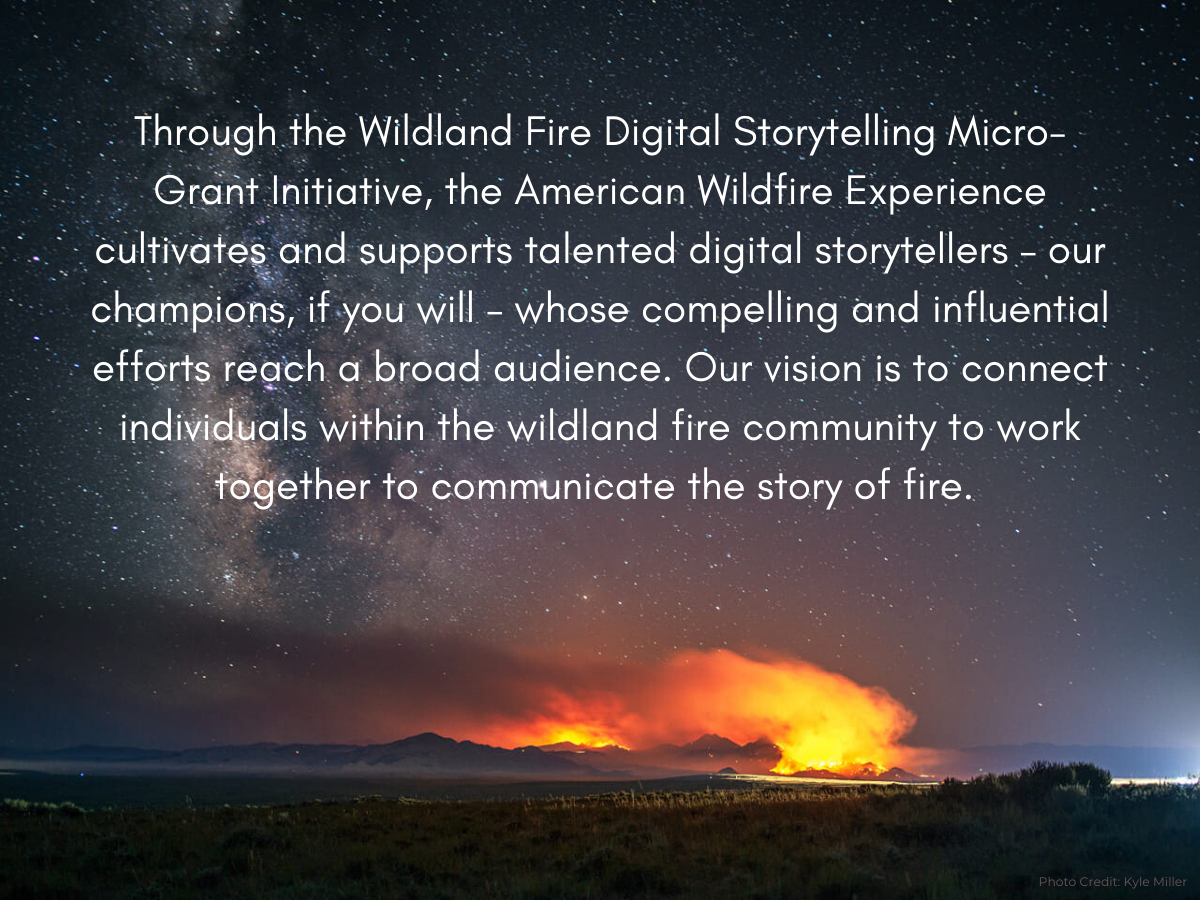
2023 Micro-Grant Initiative Donors:

Private Sponsors:
Peter and Jane Carpenter

